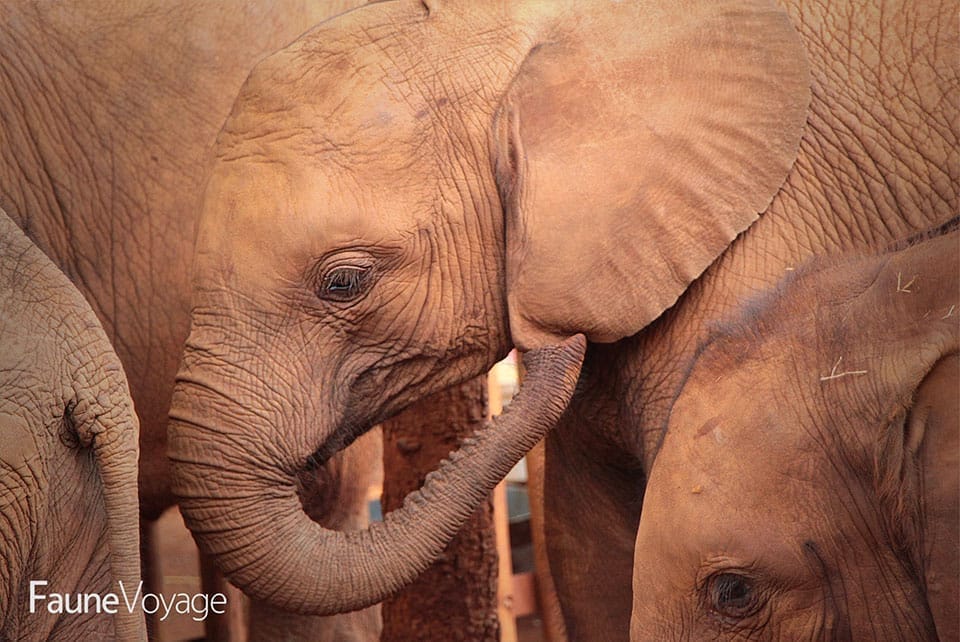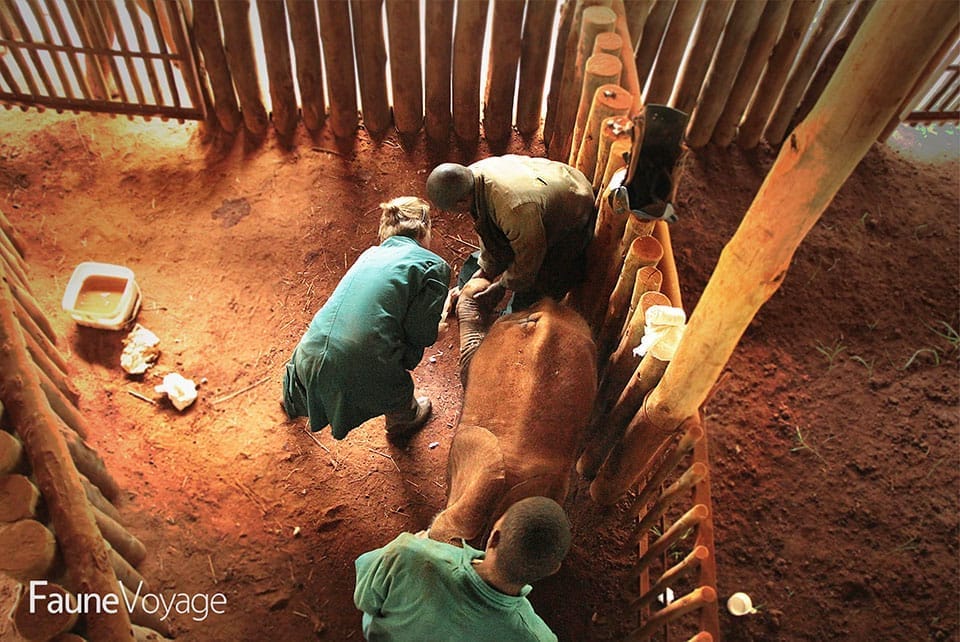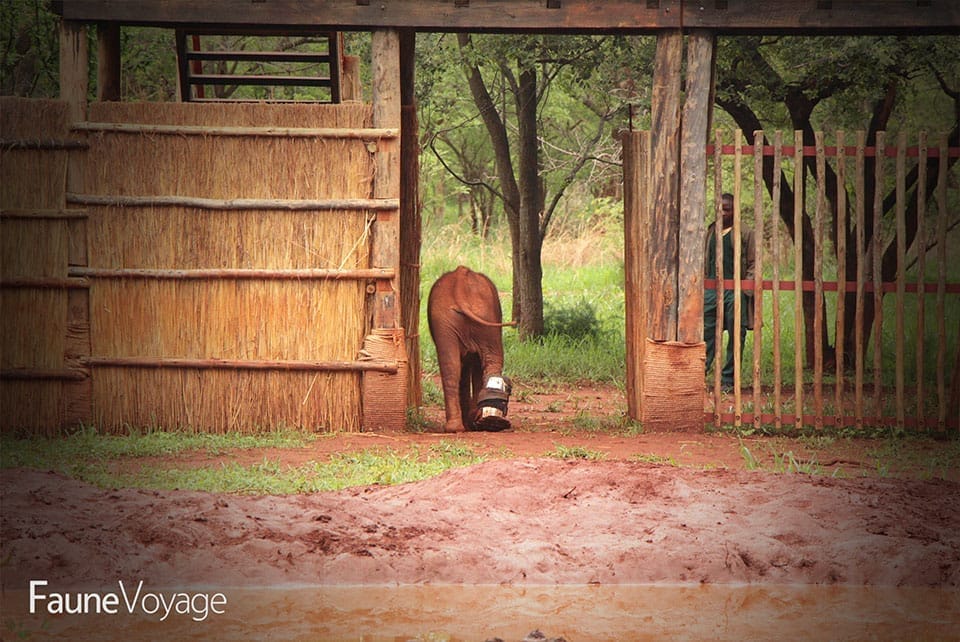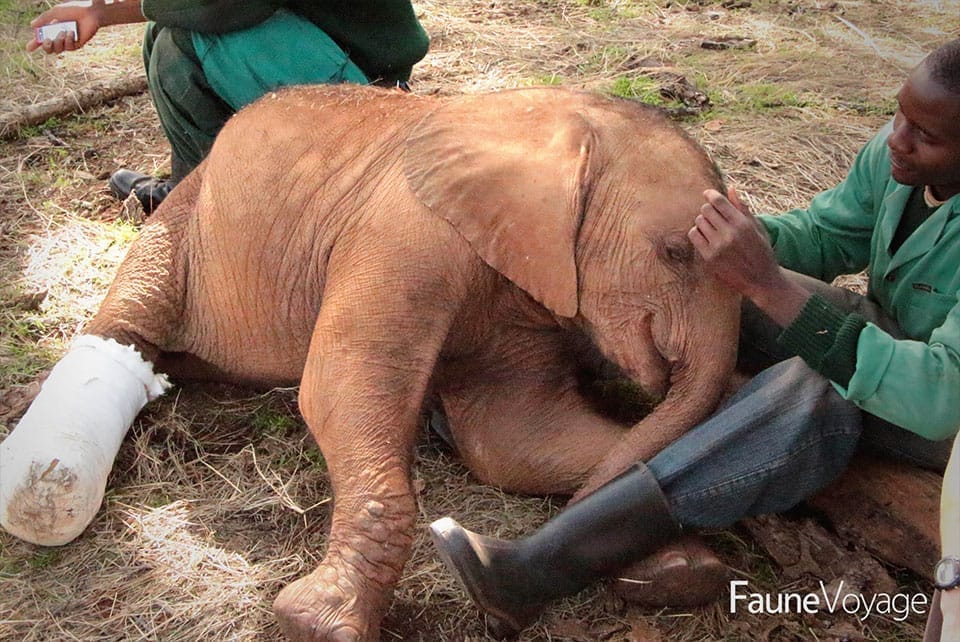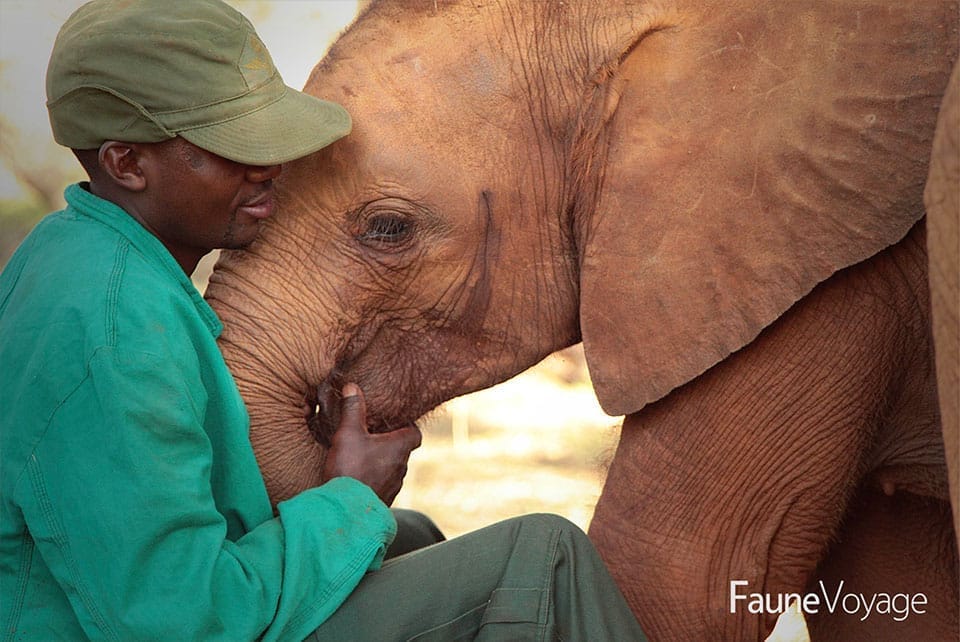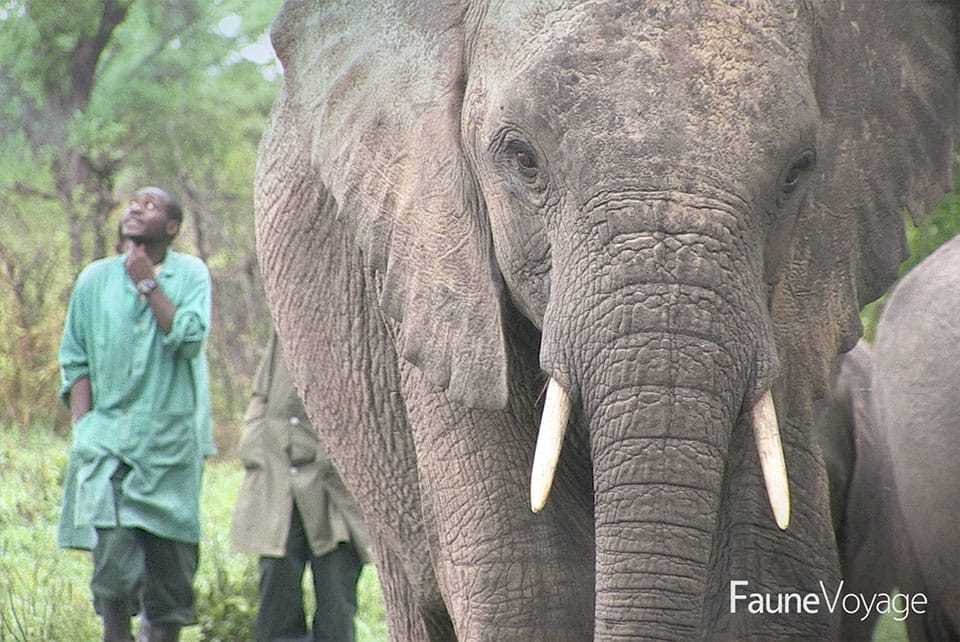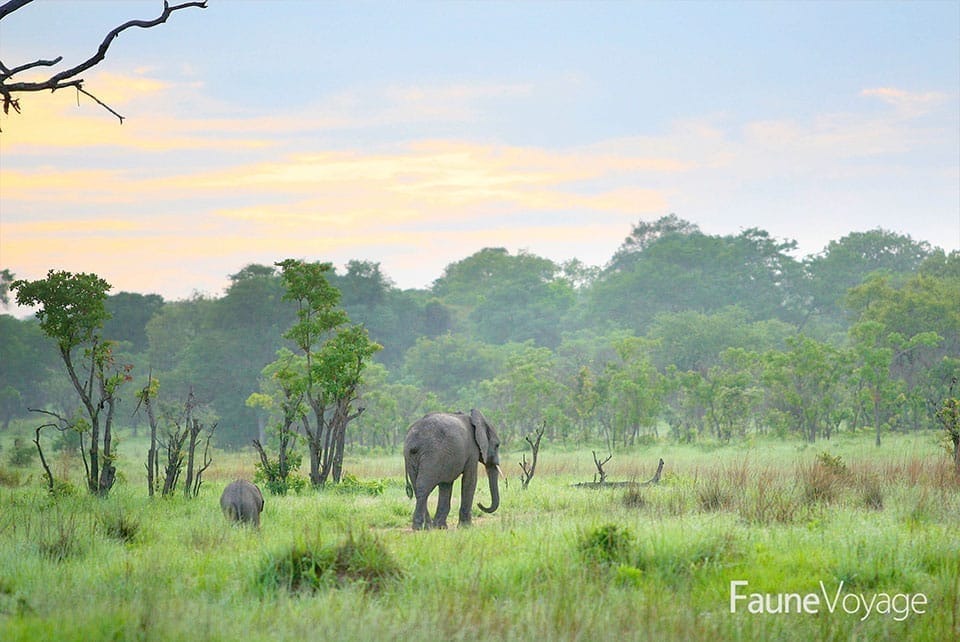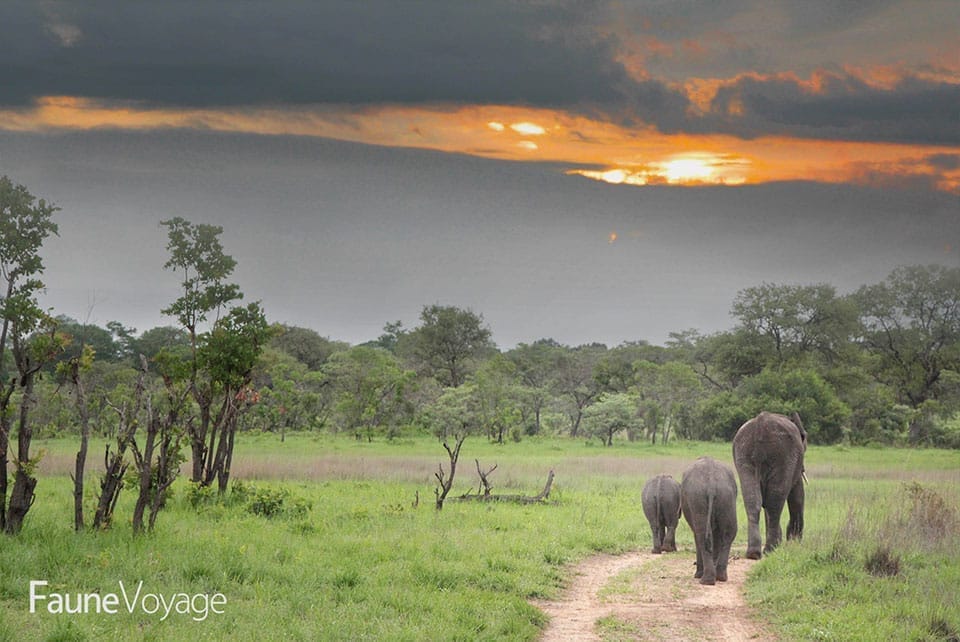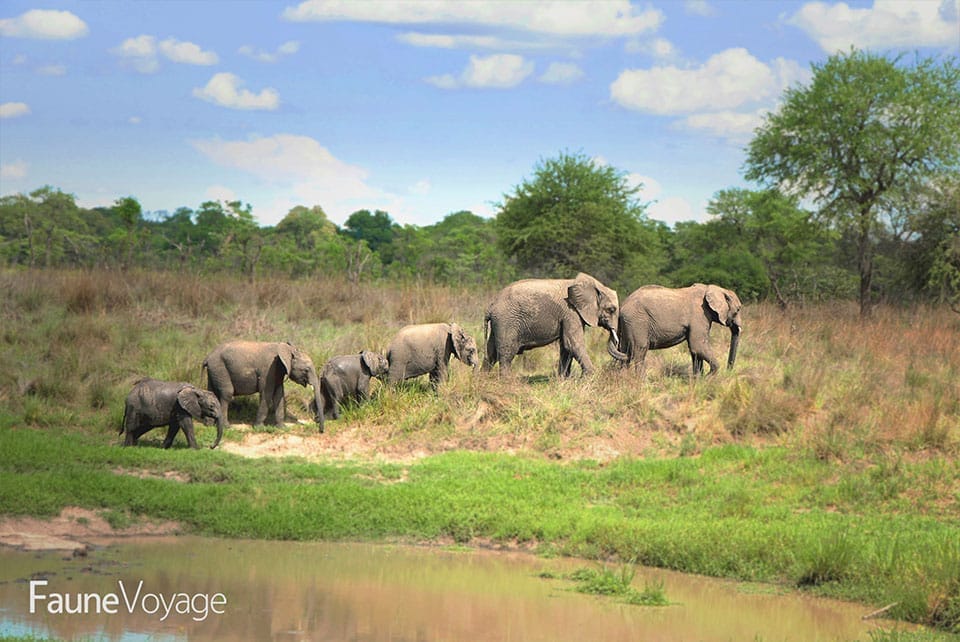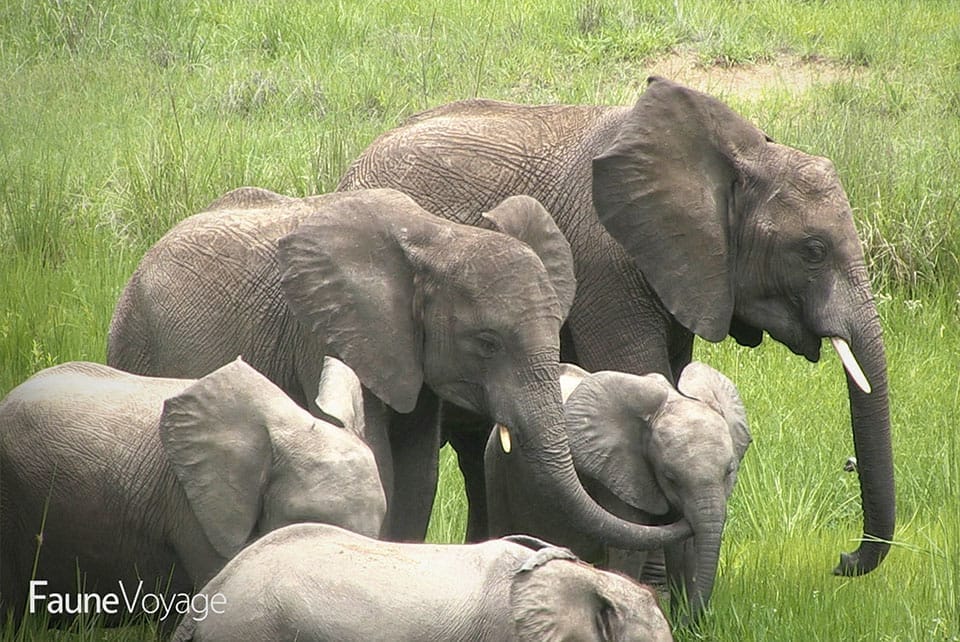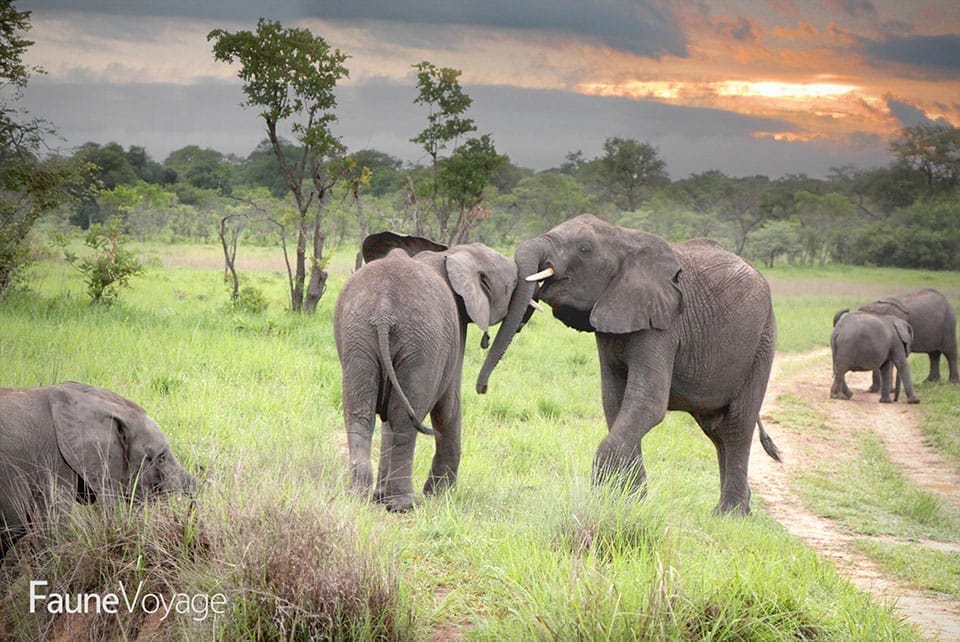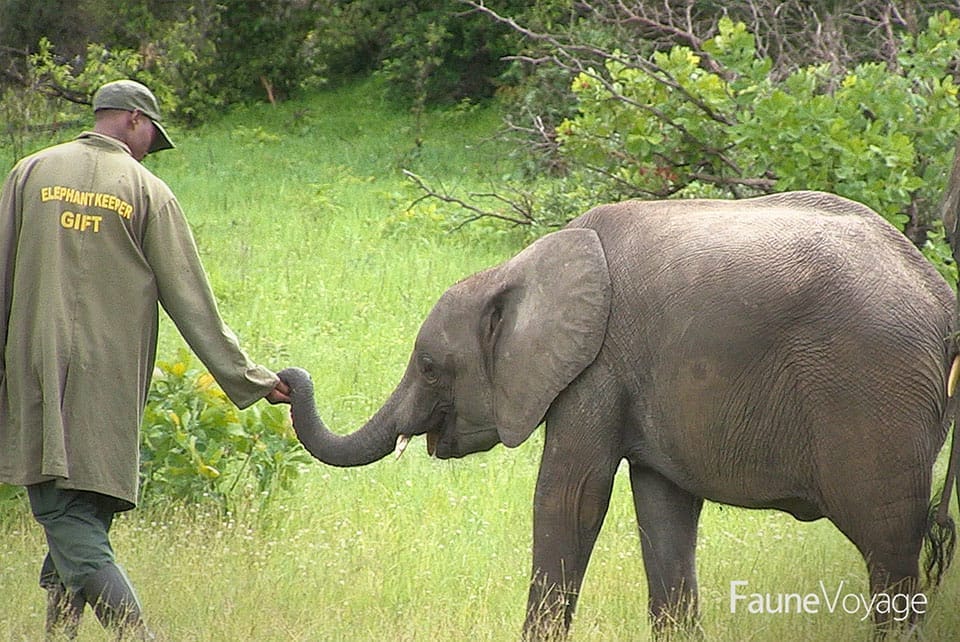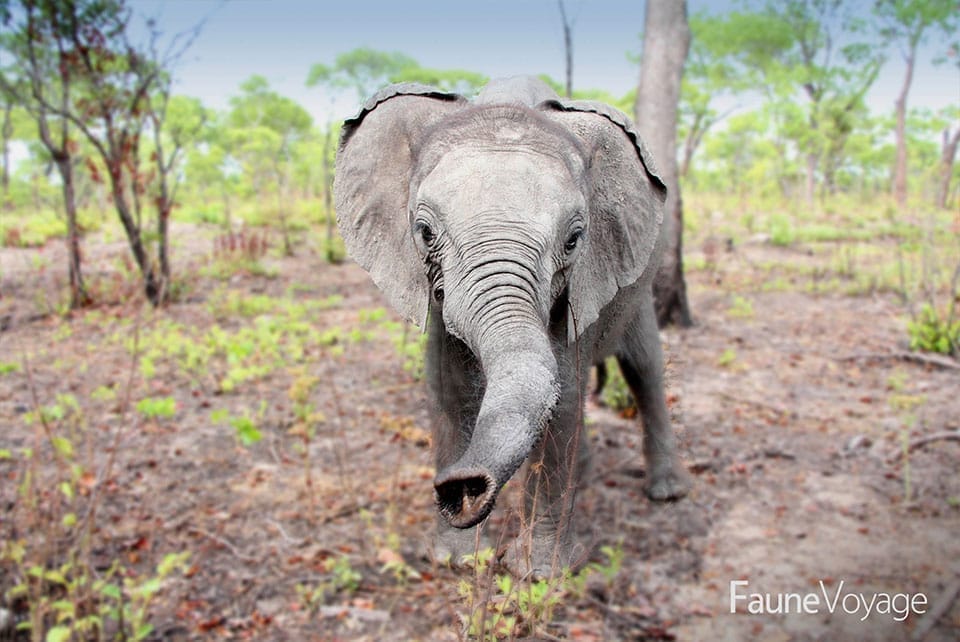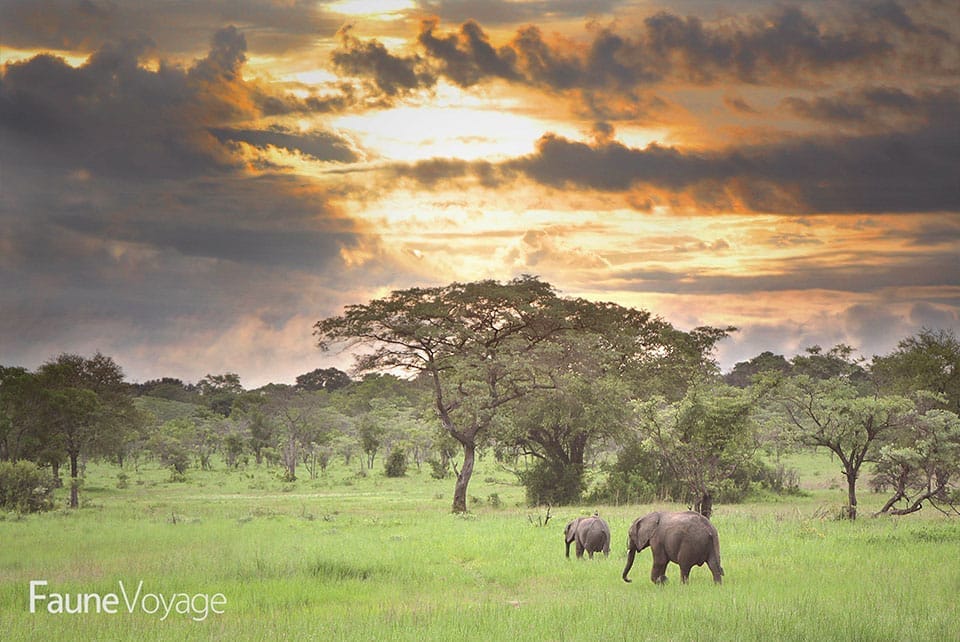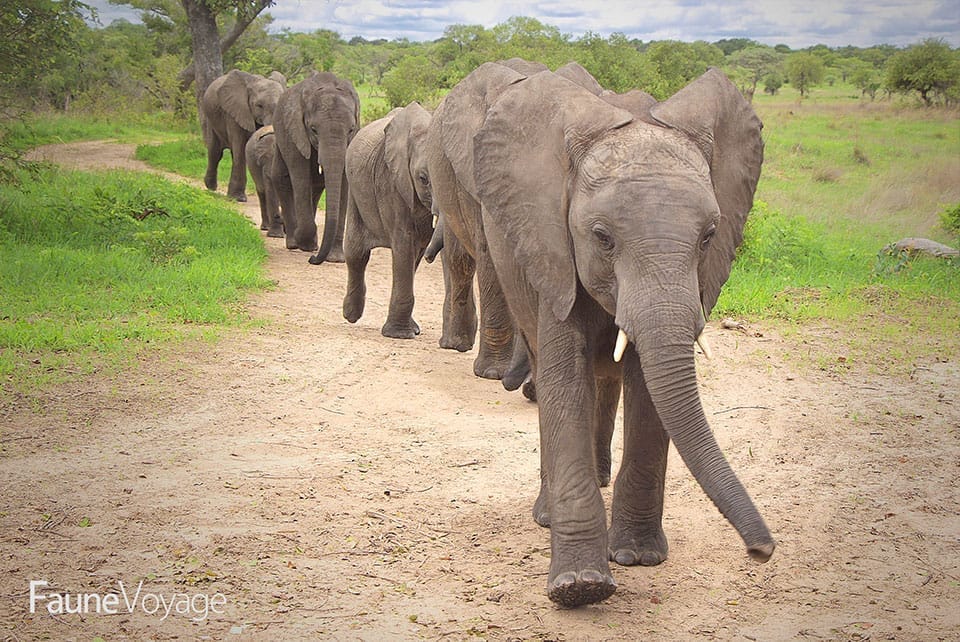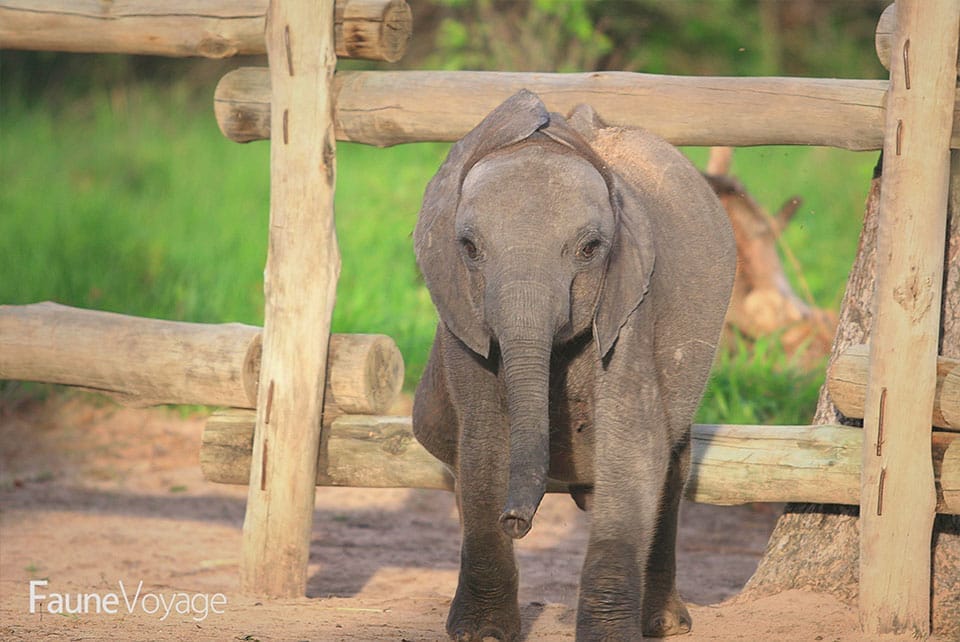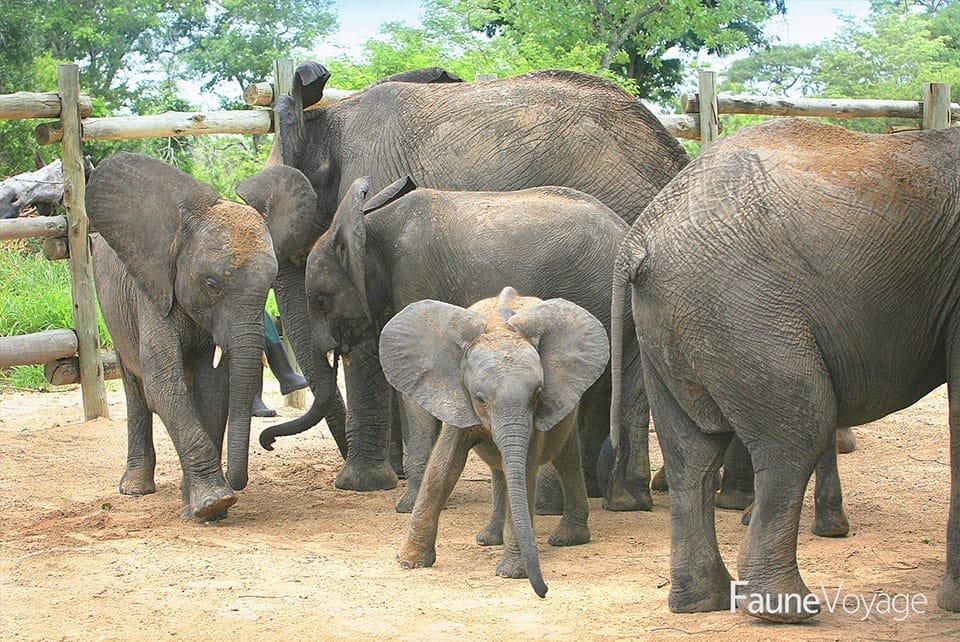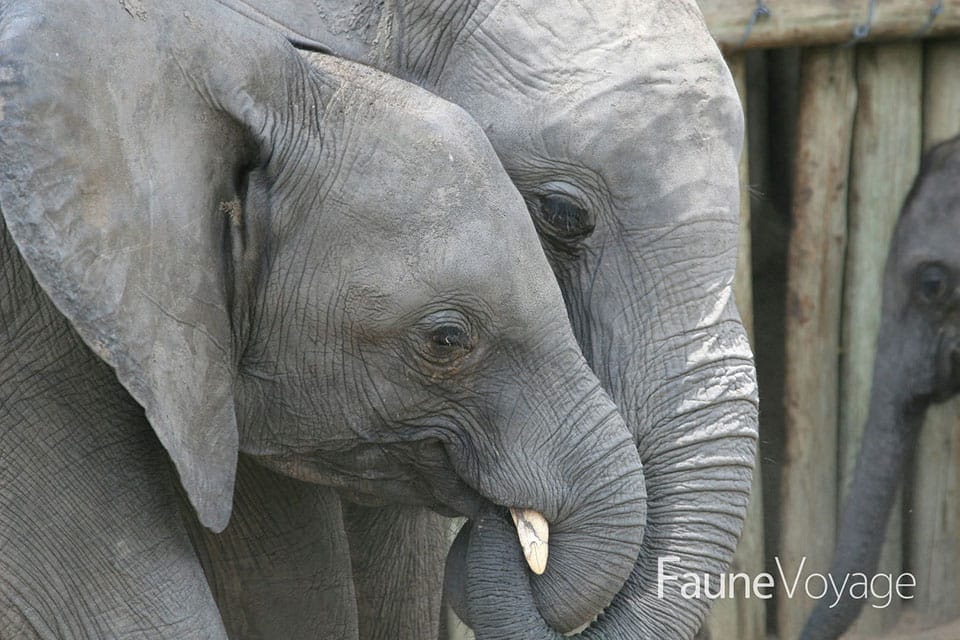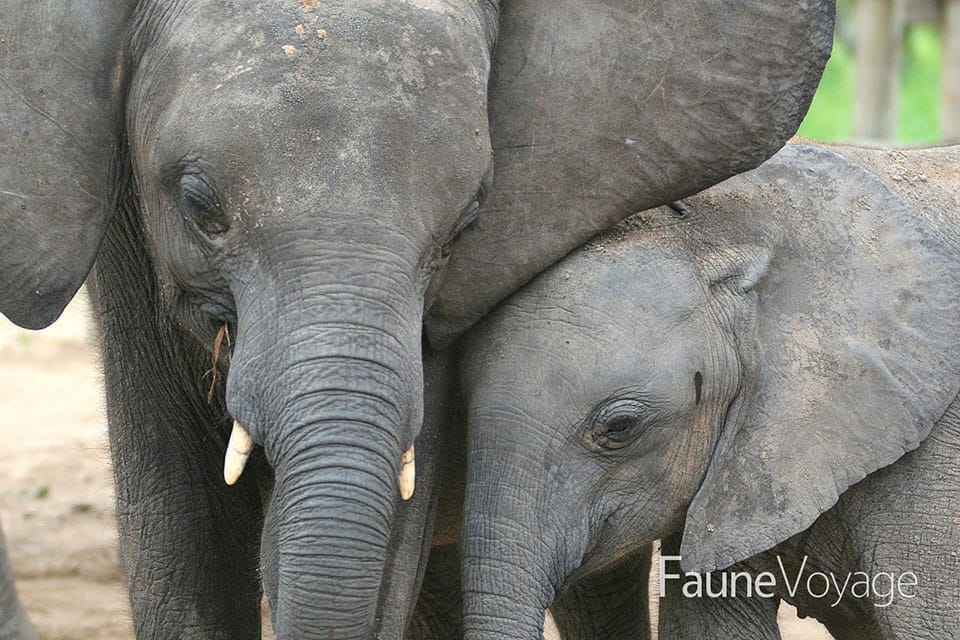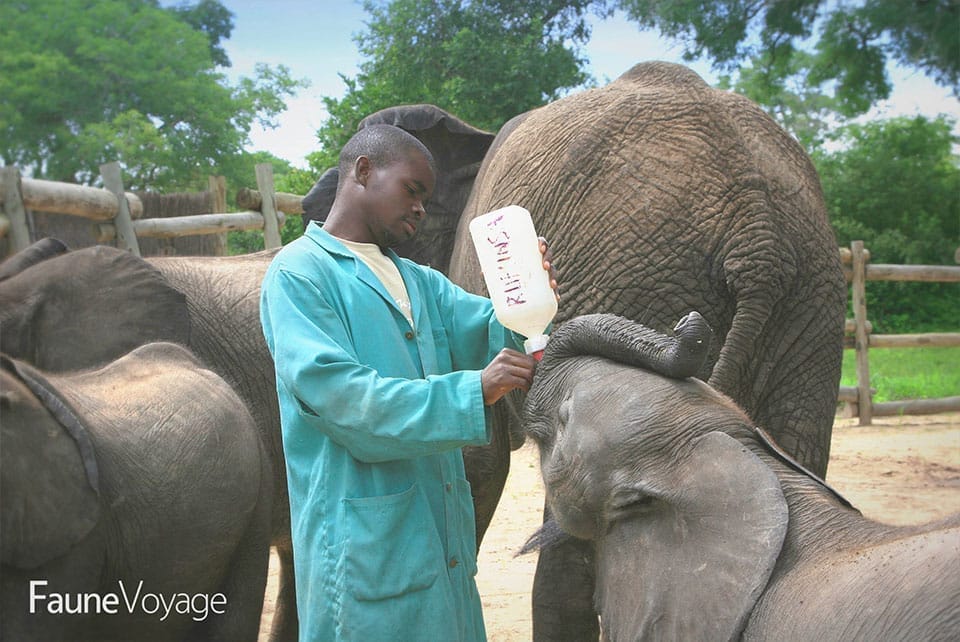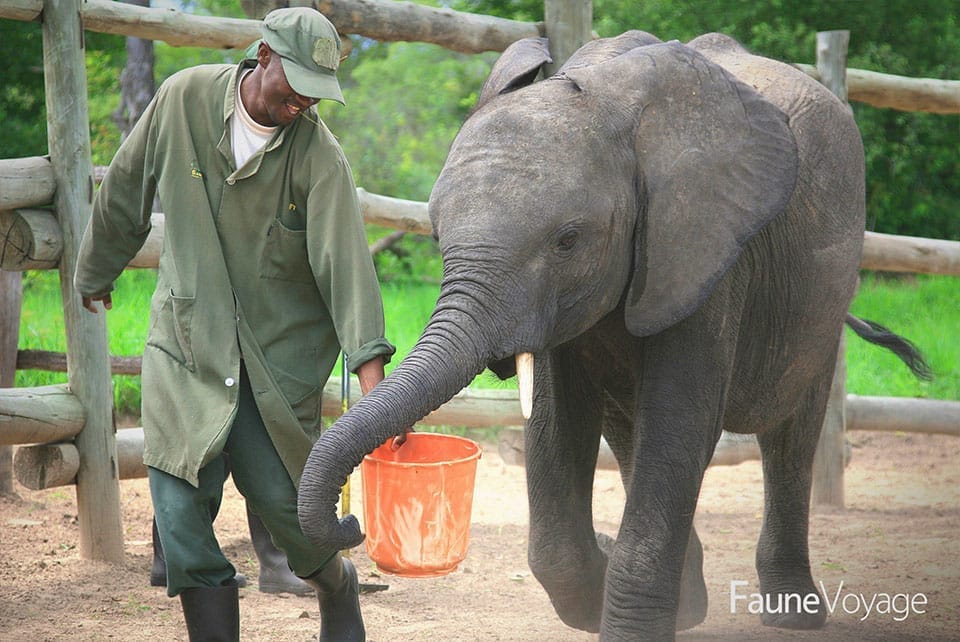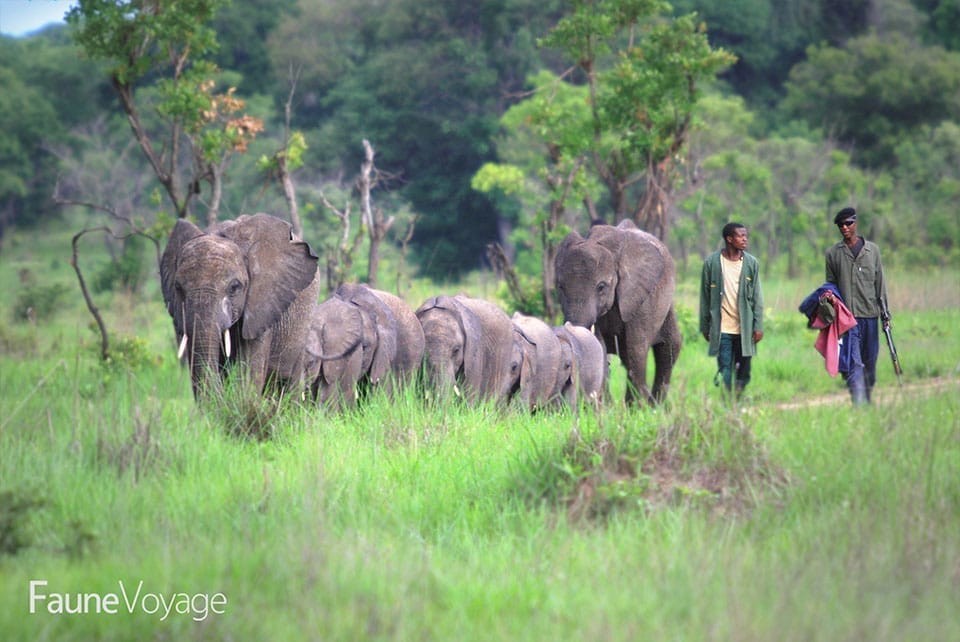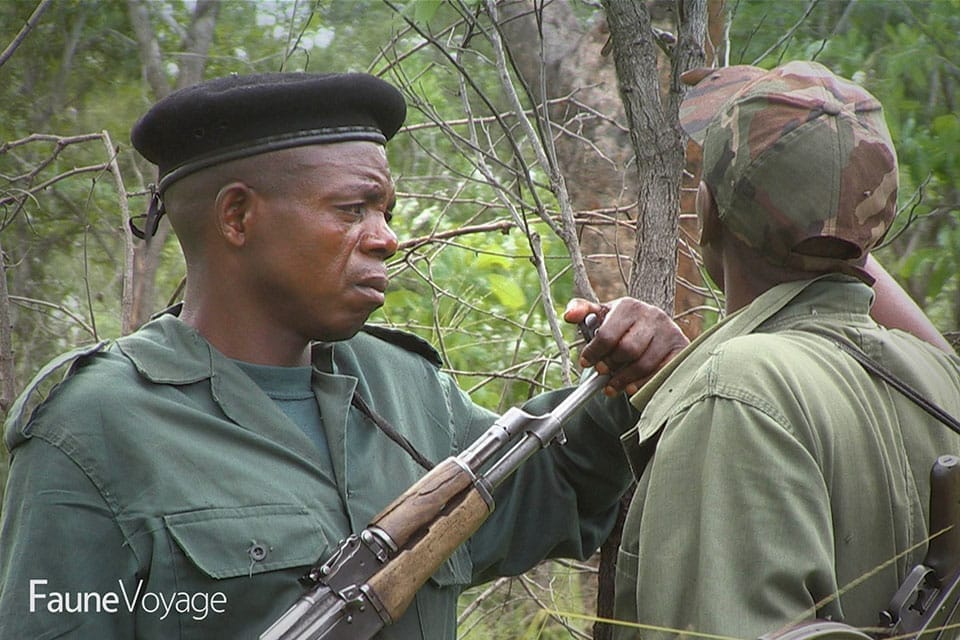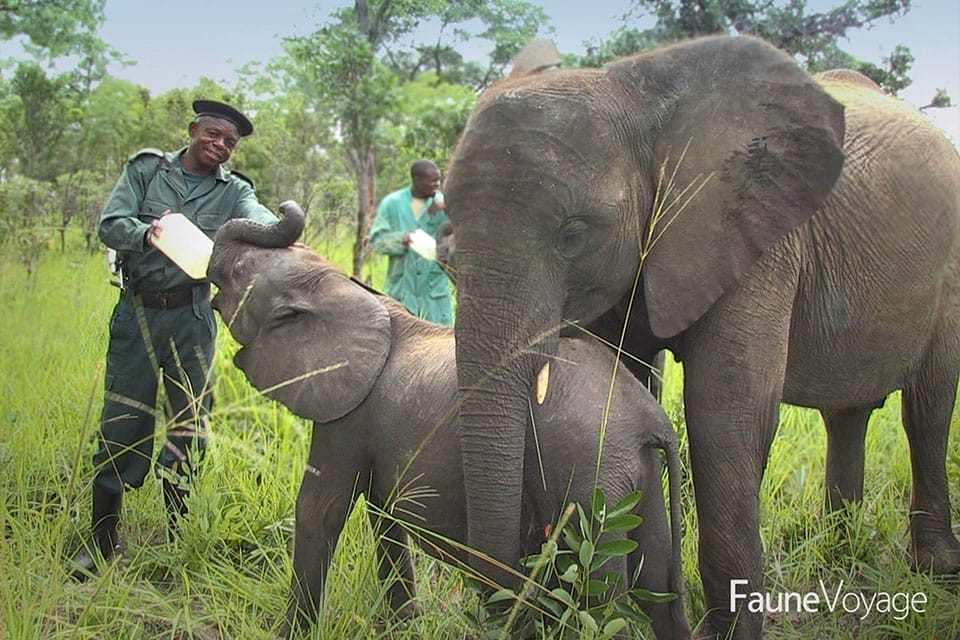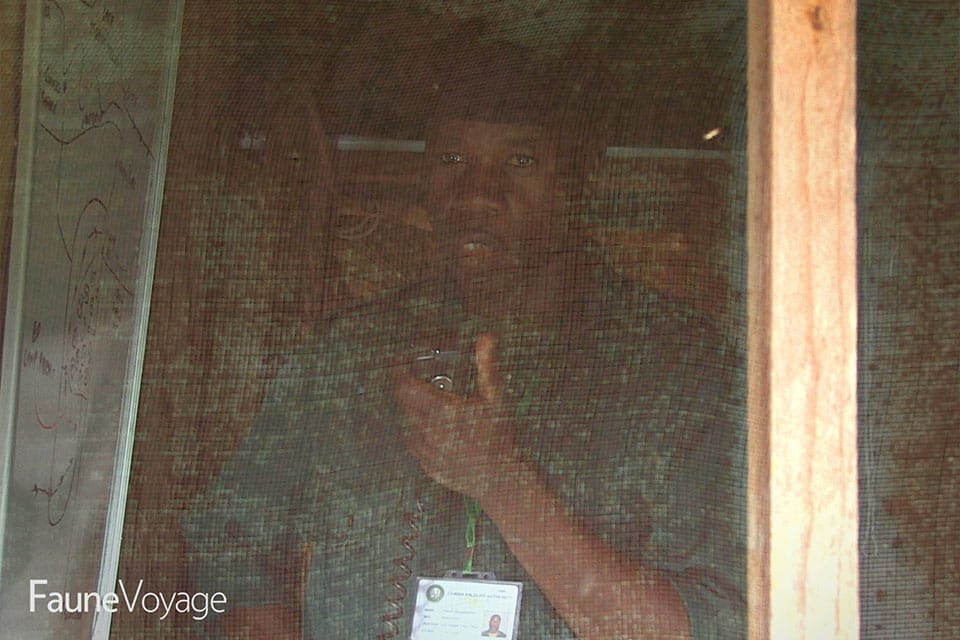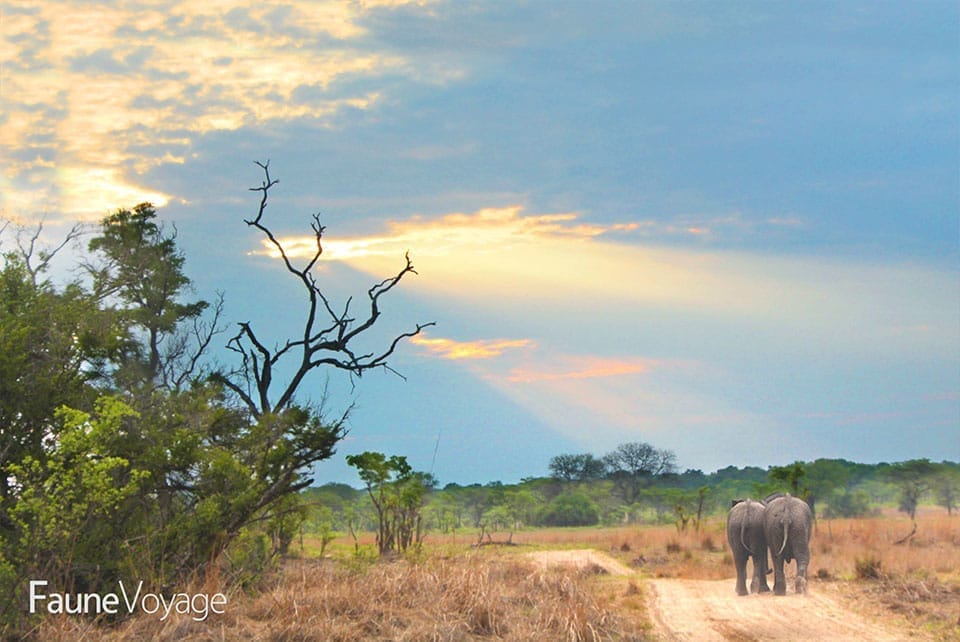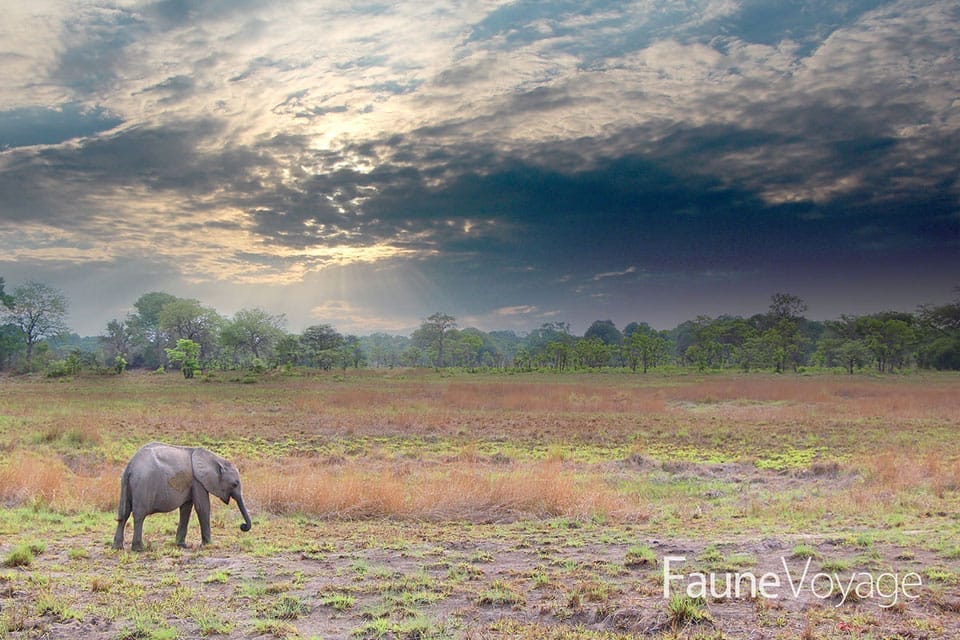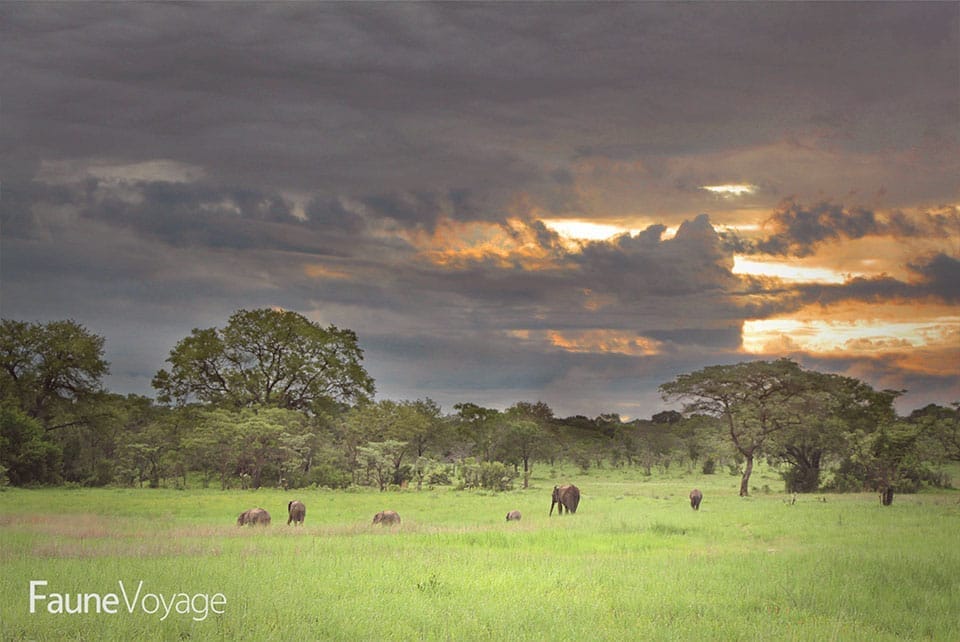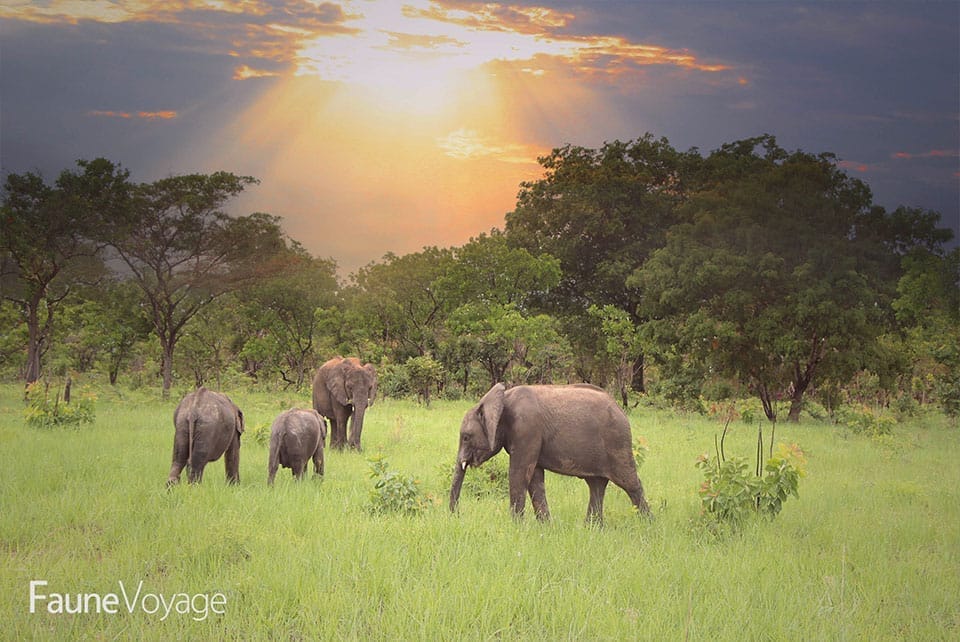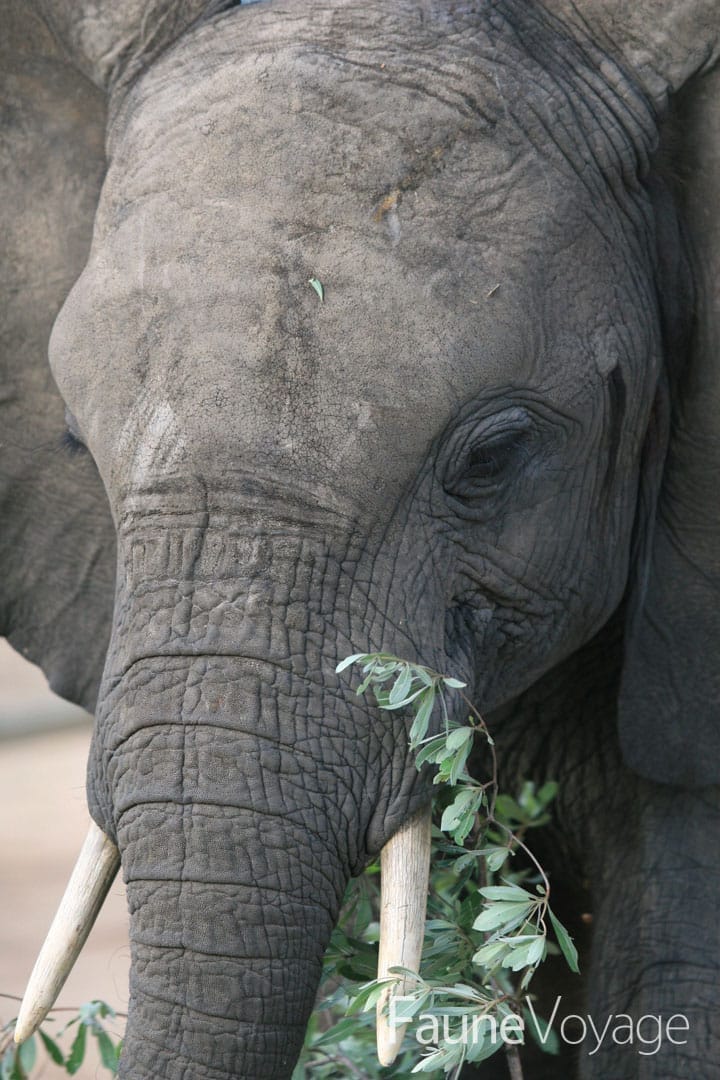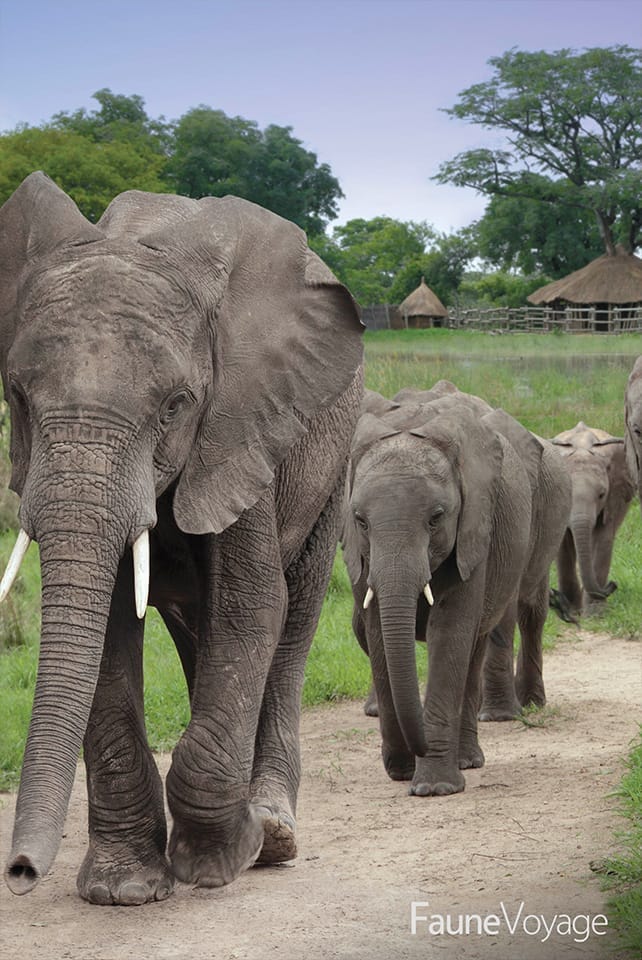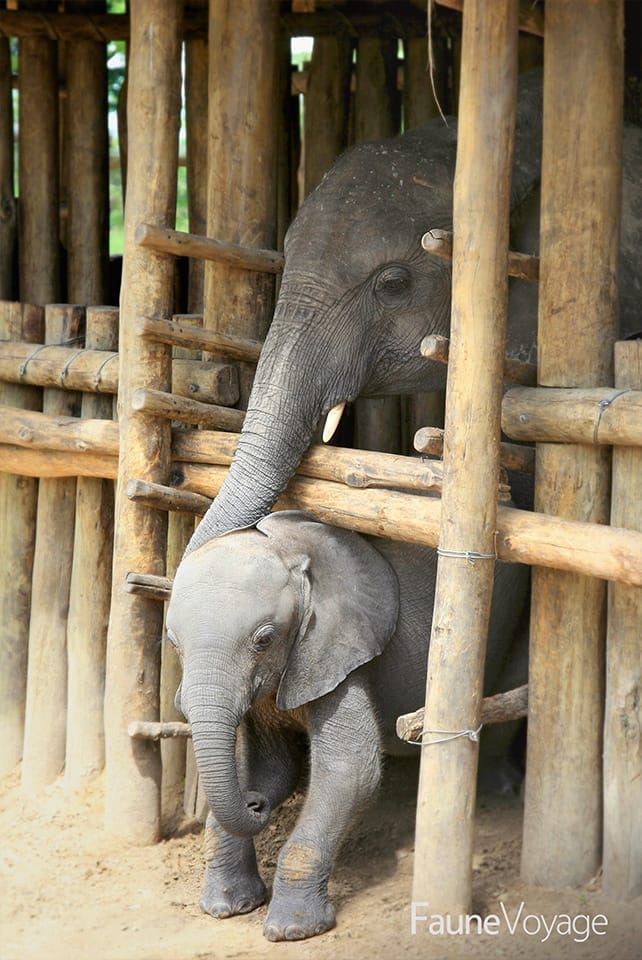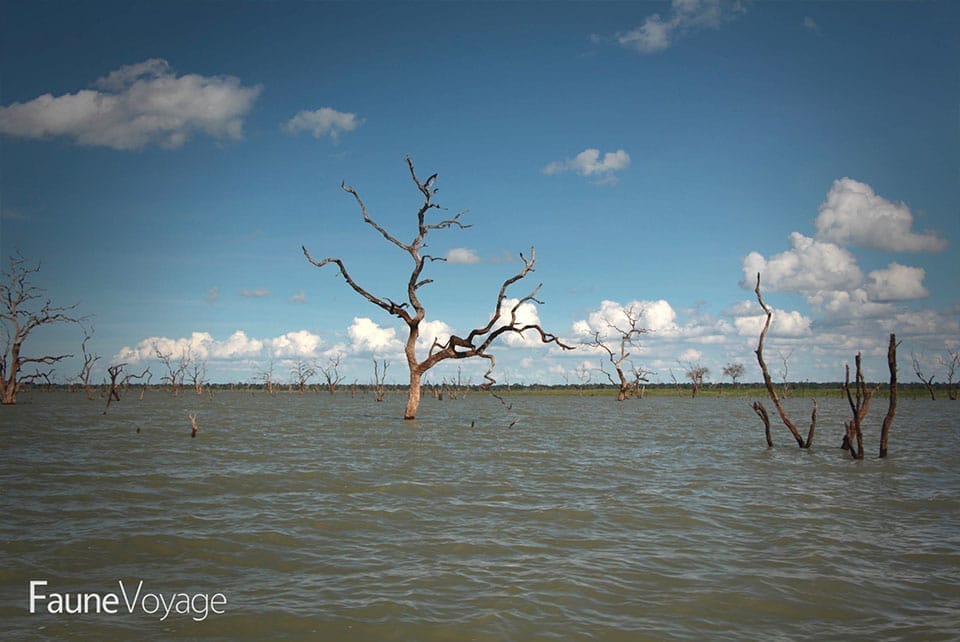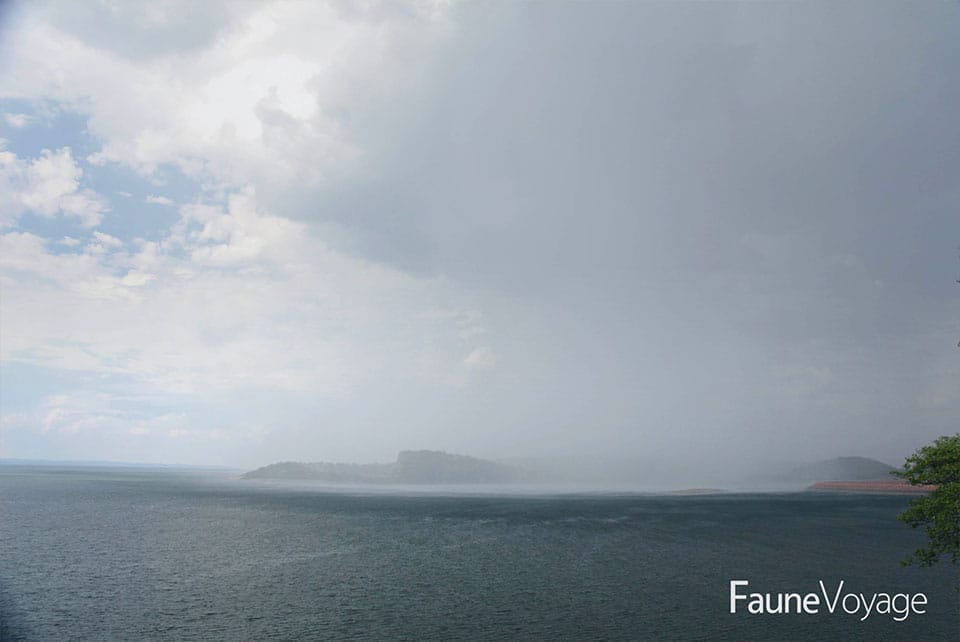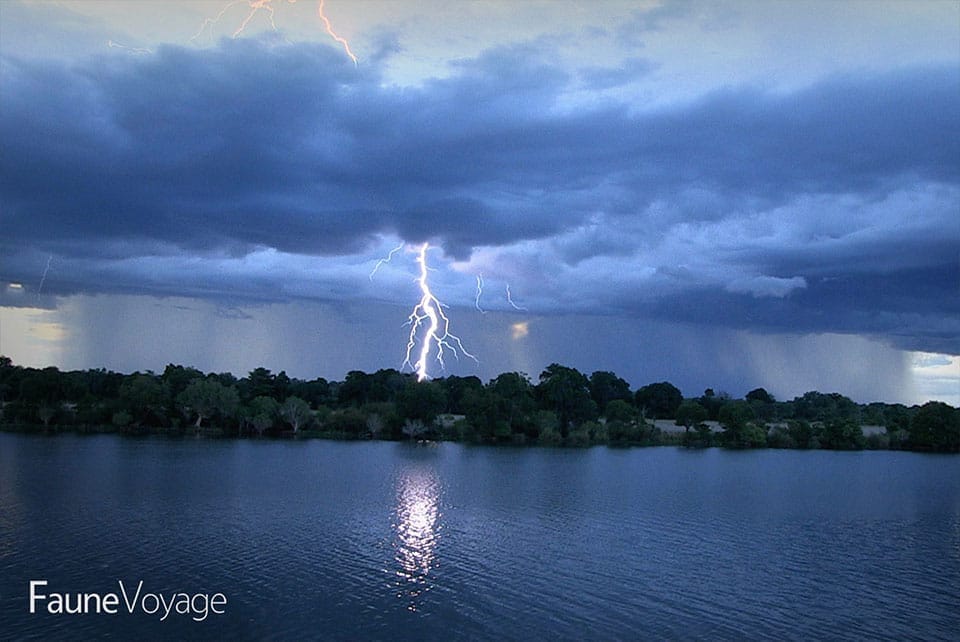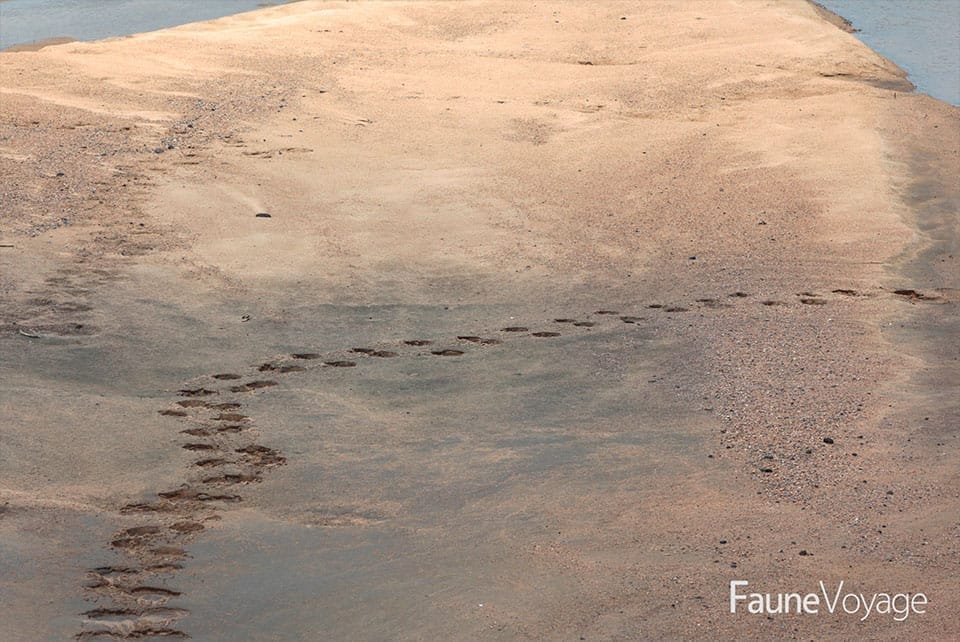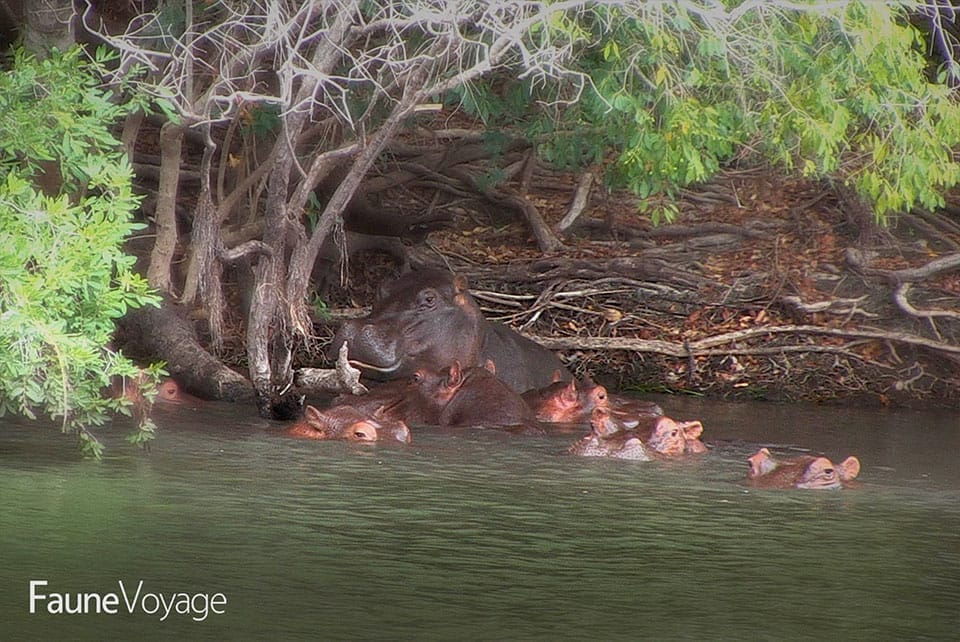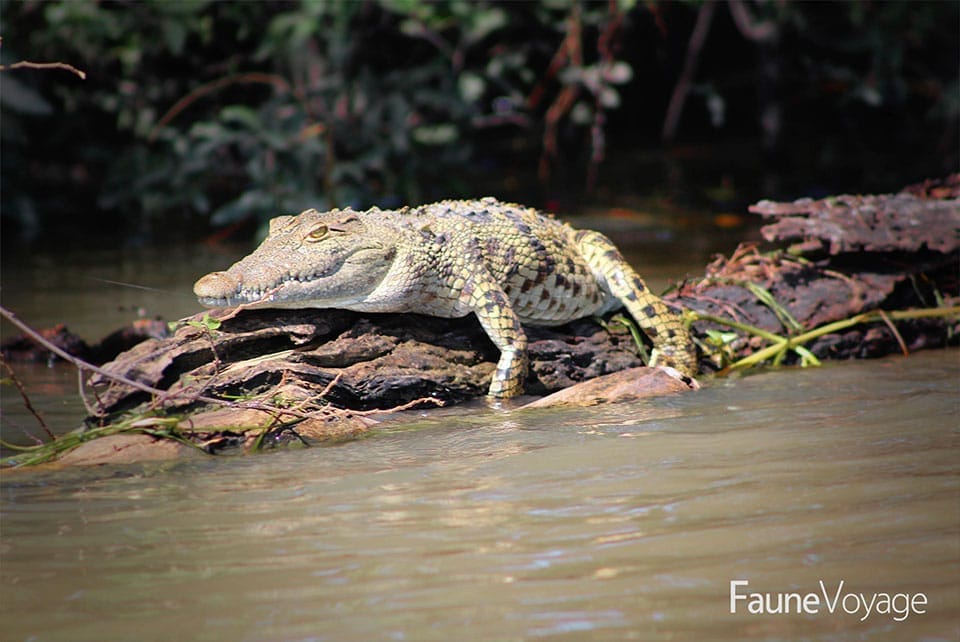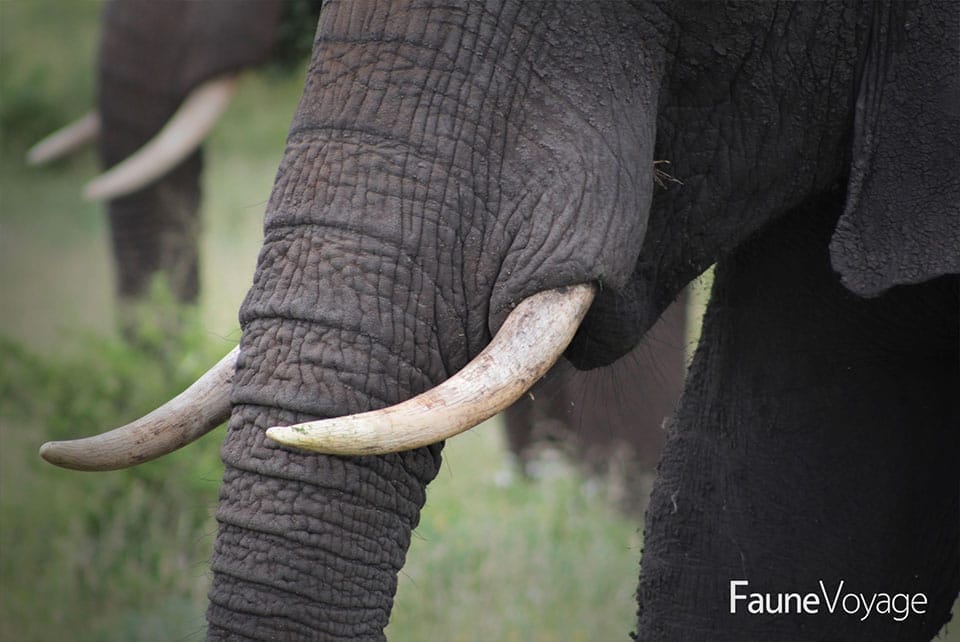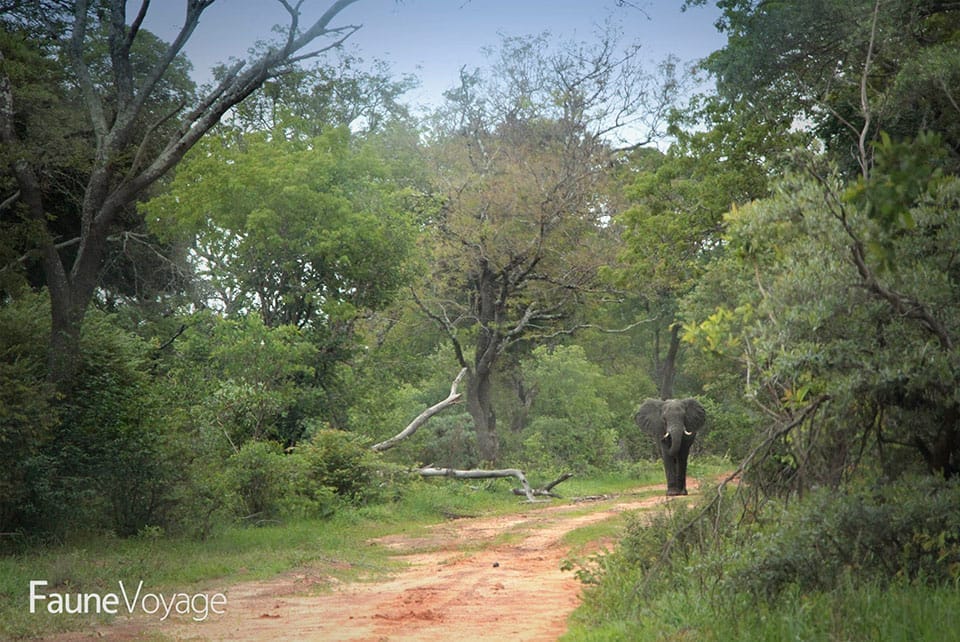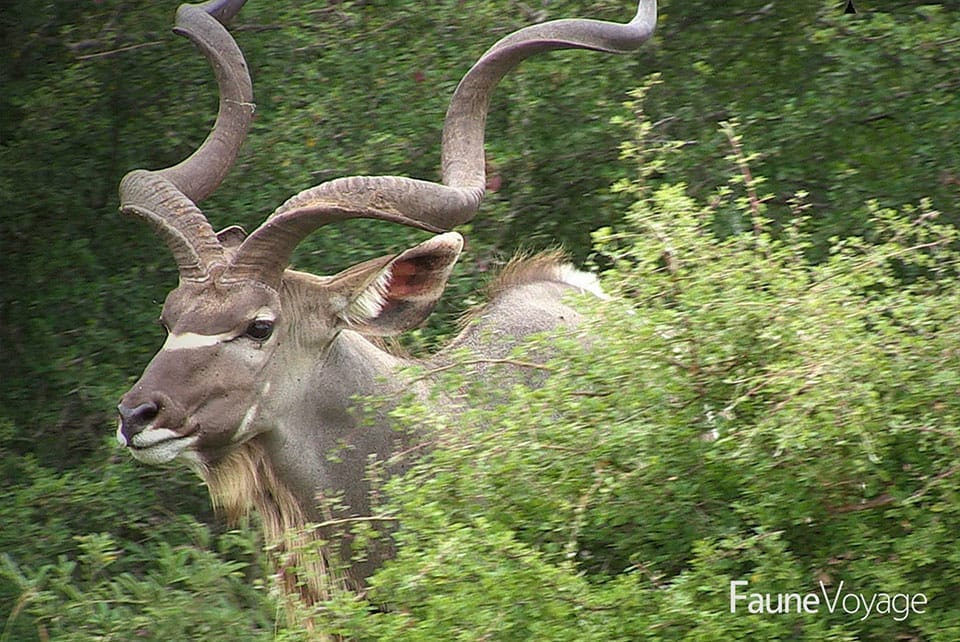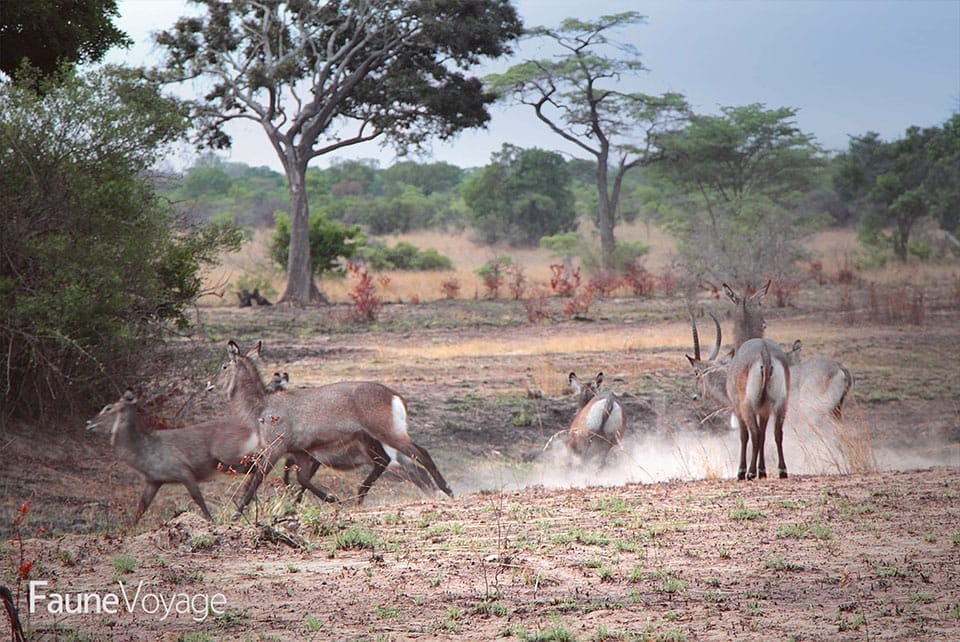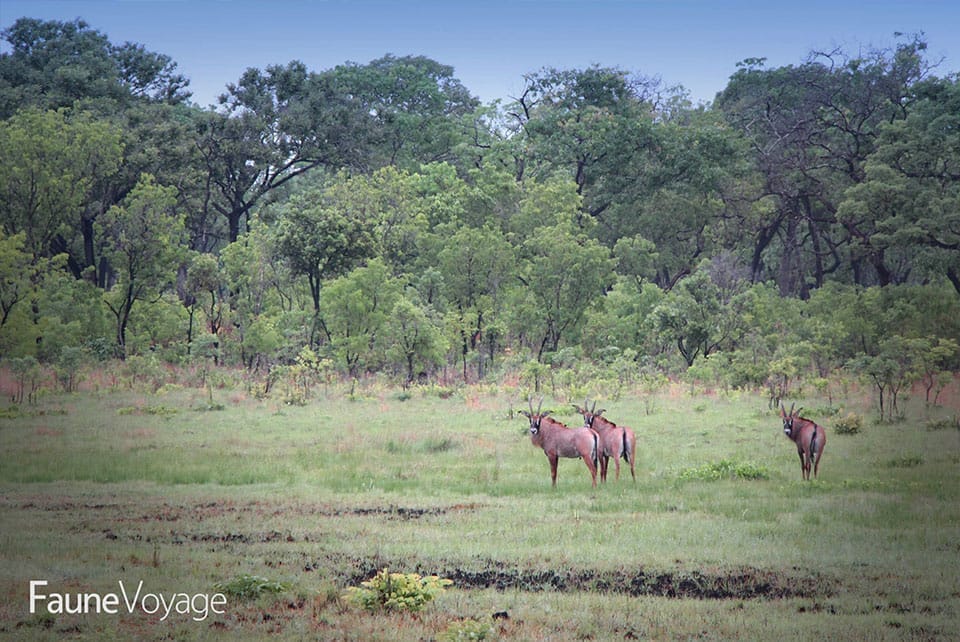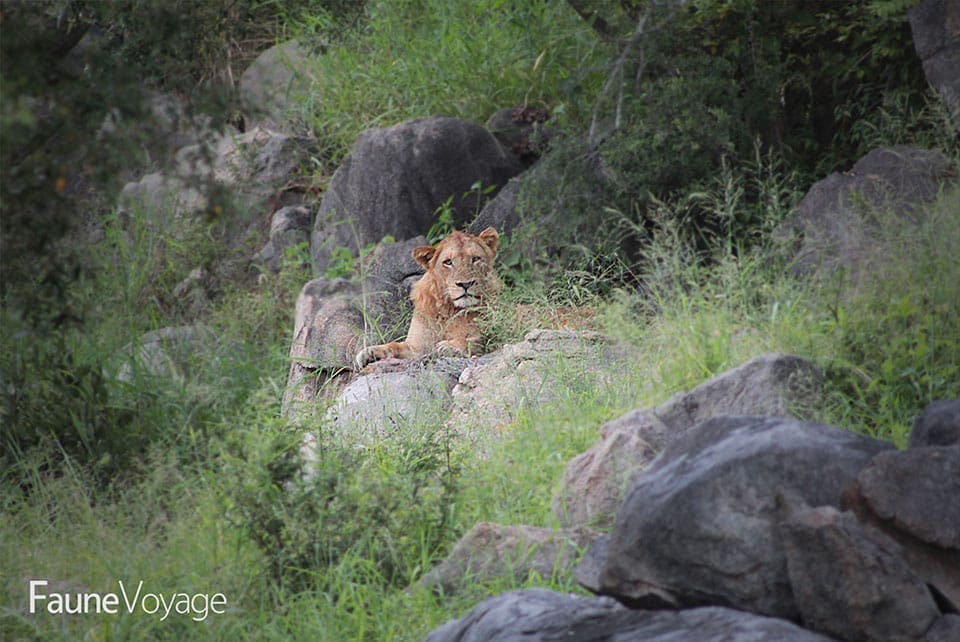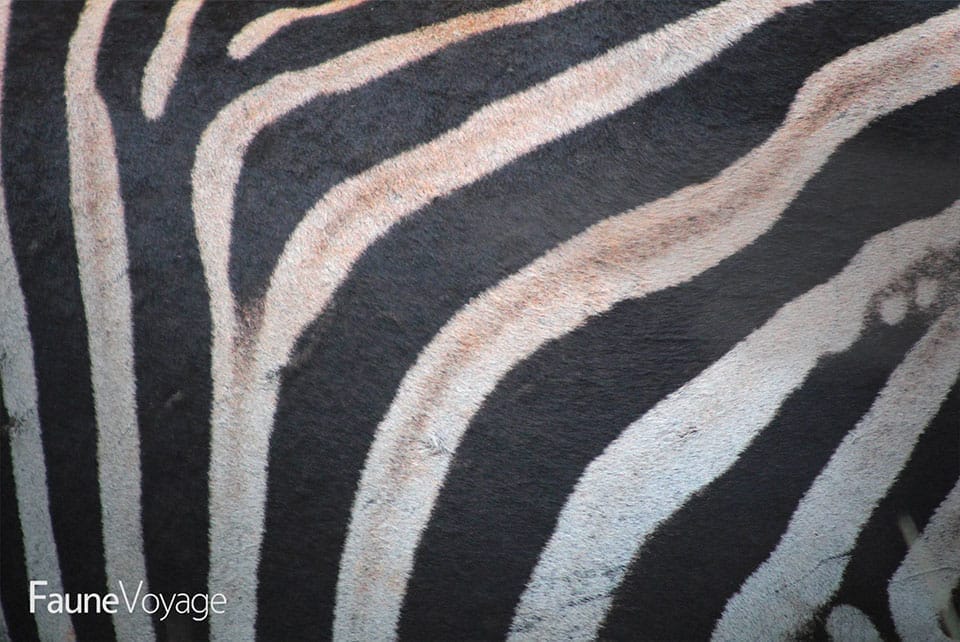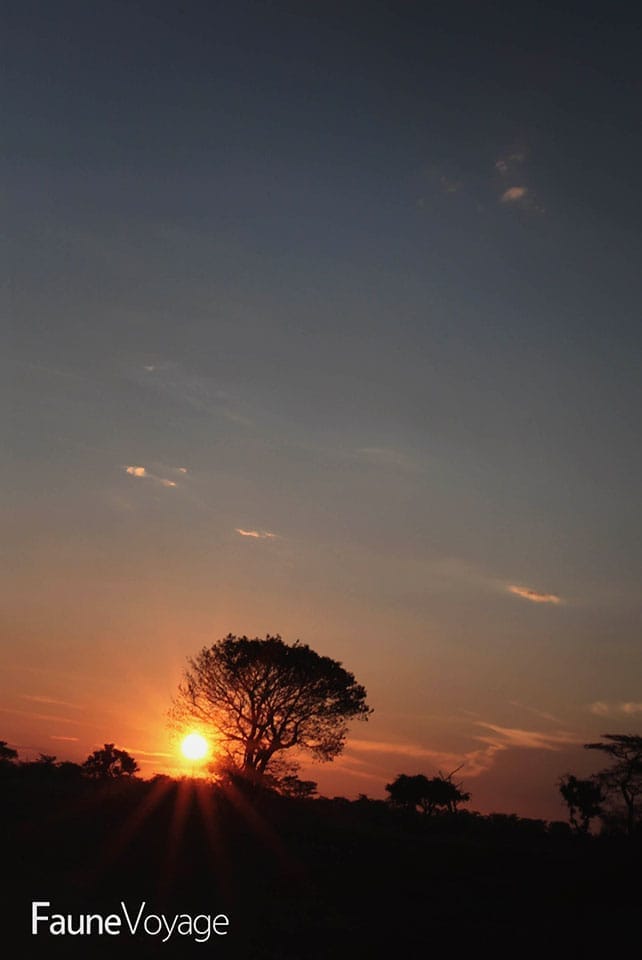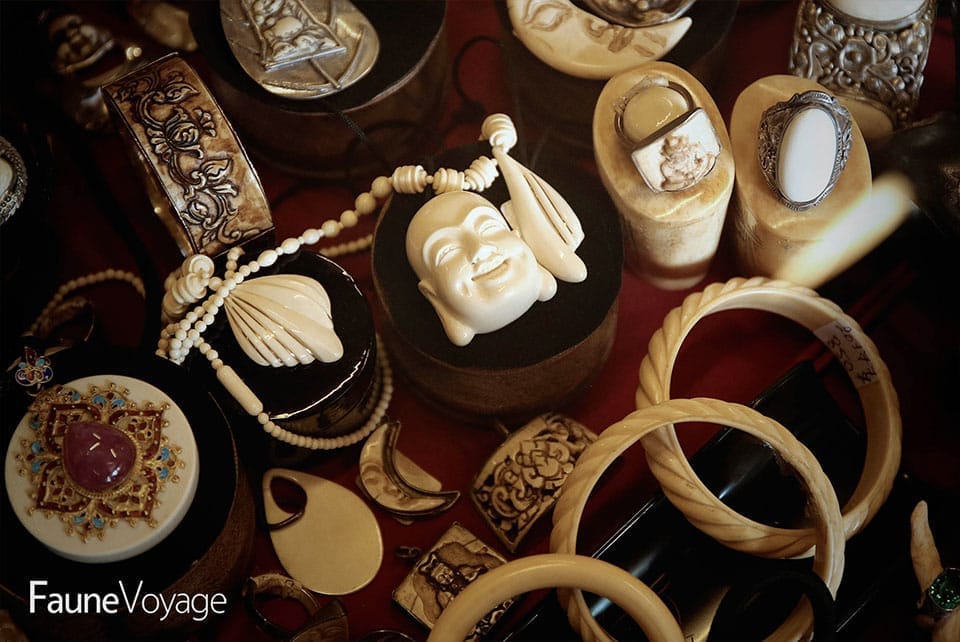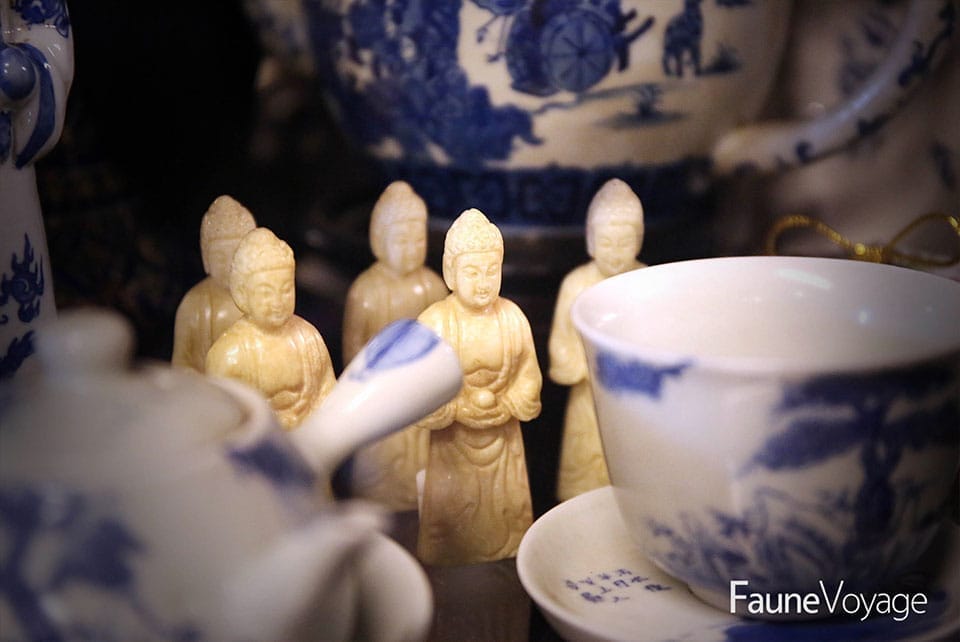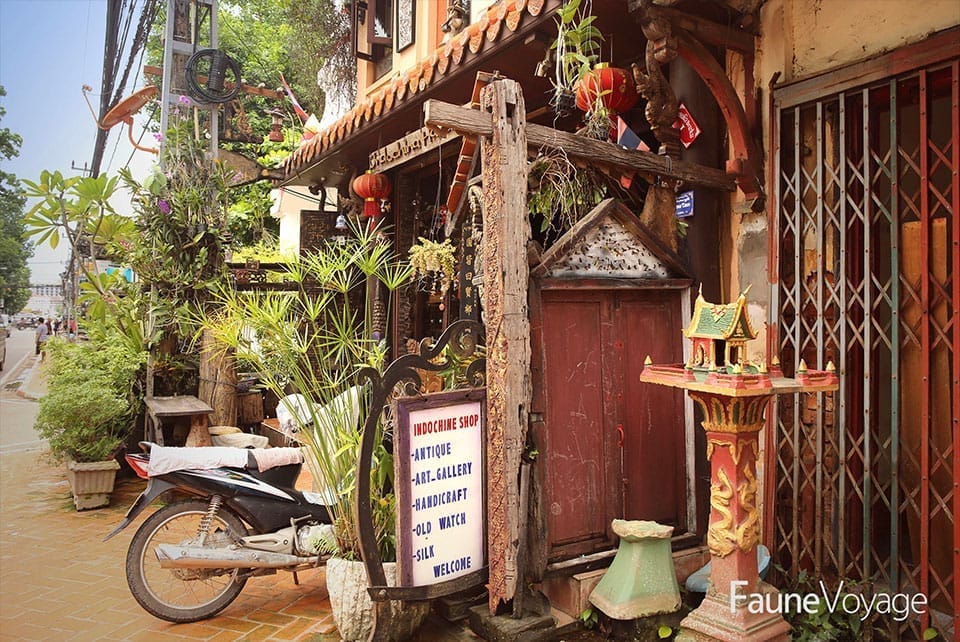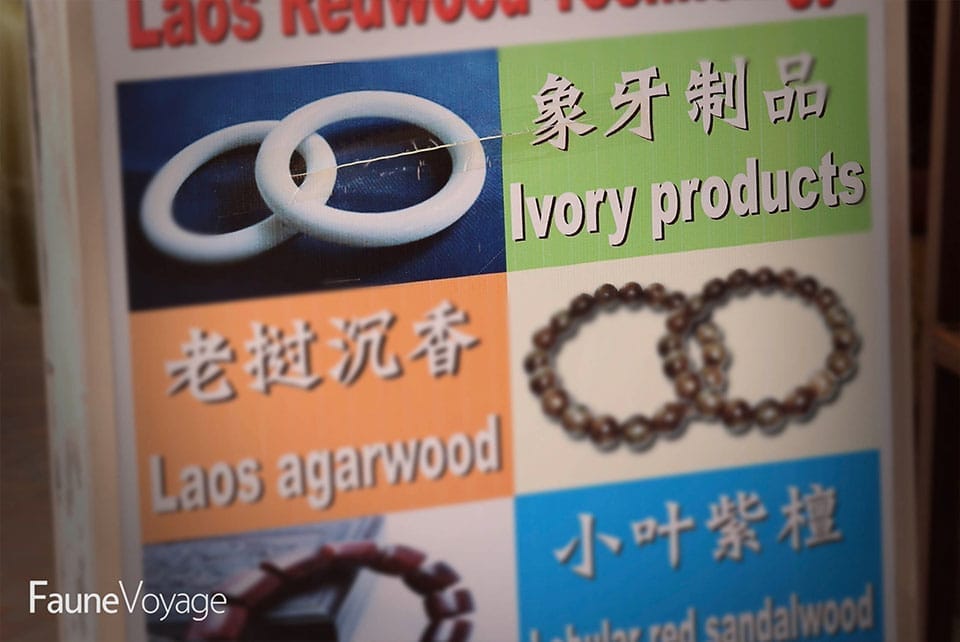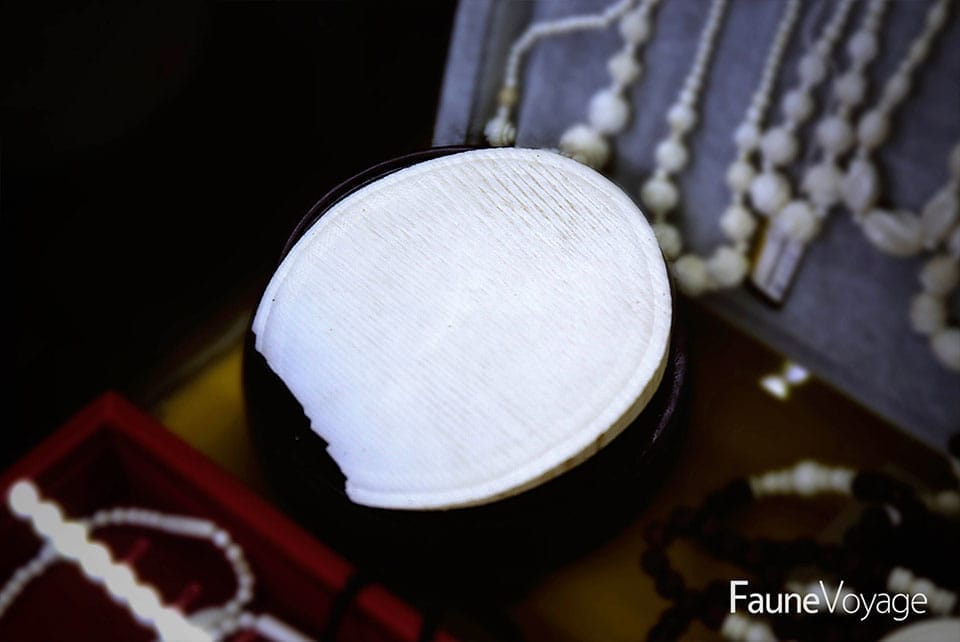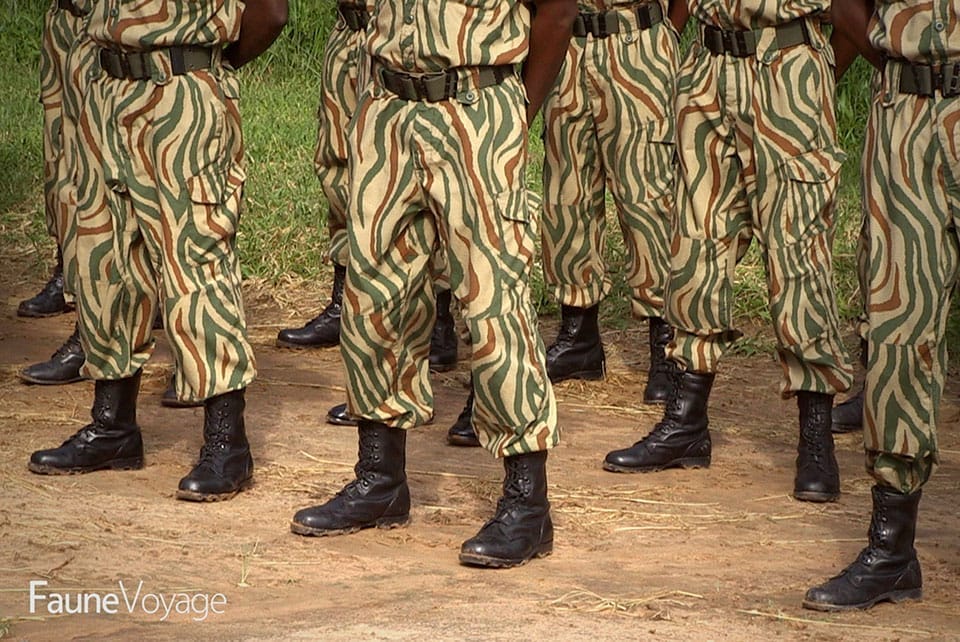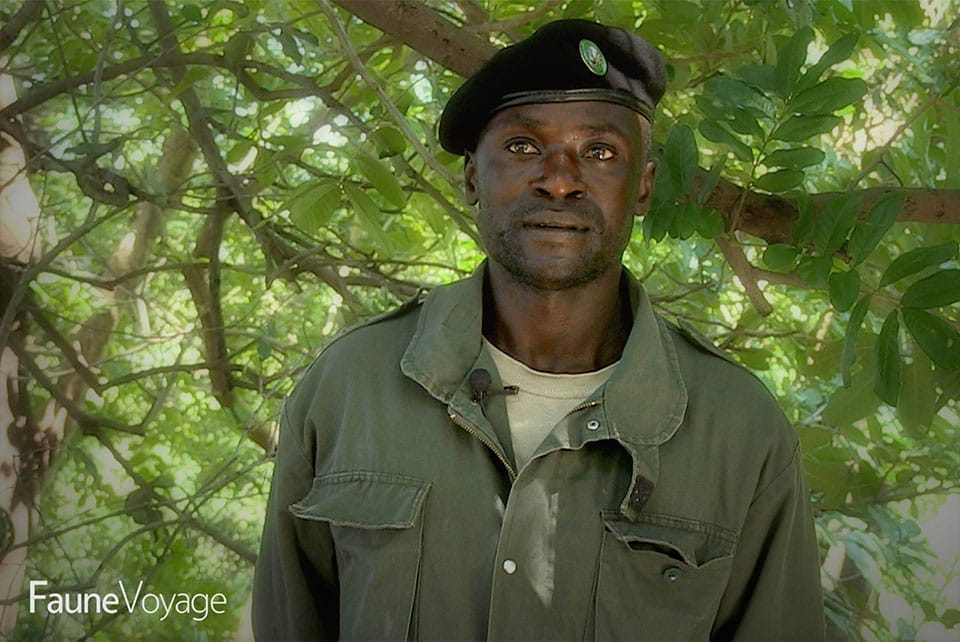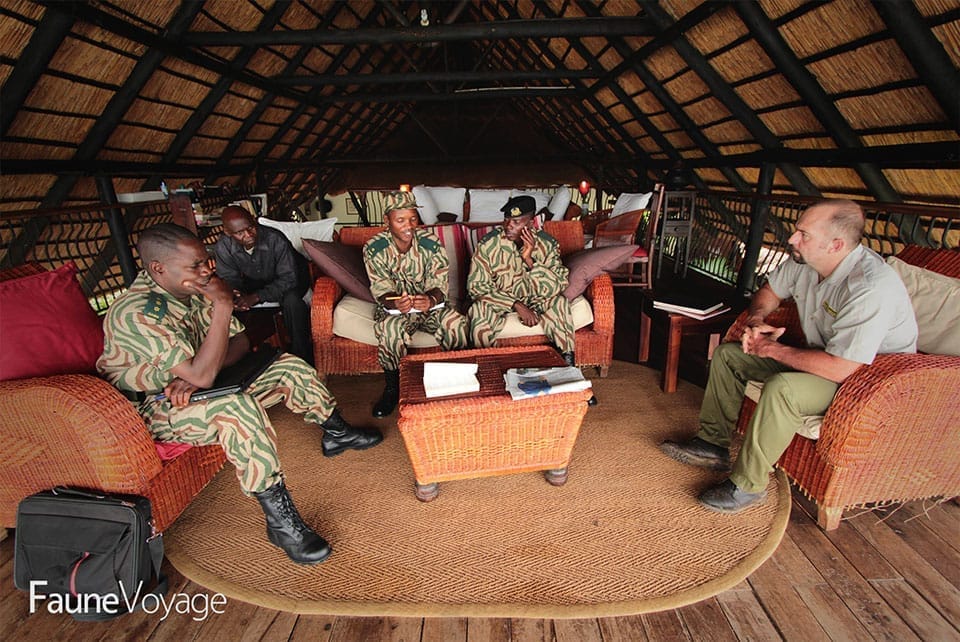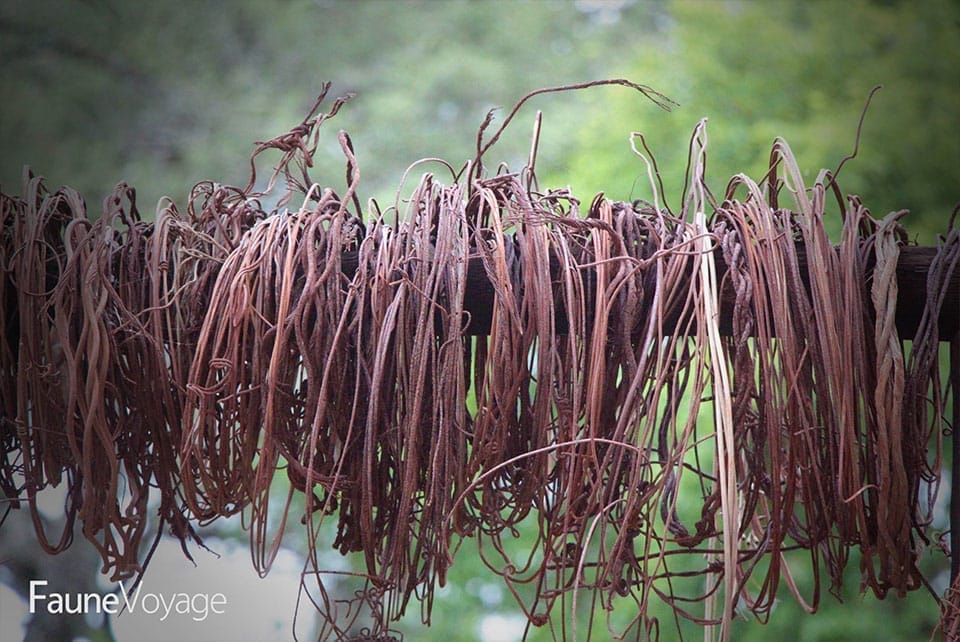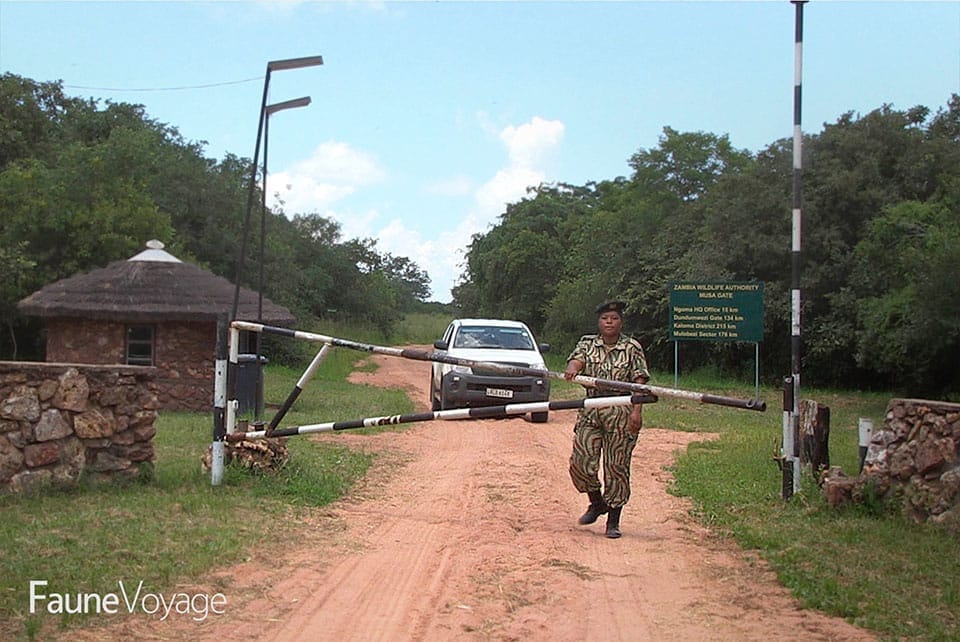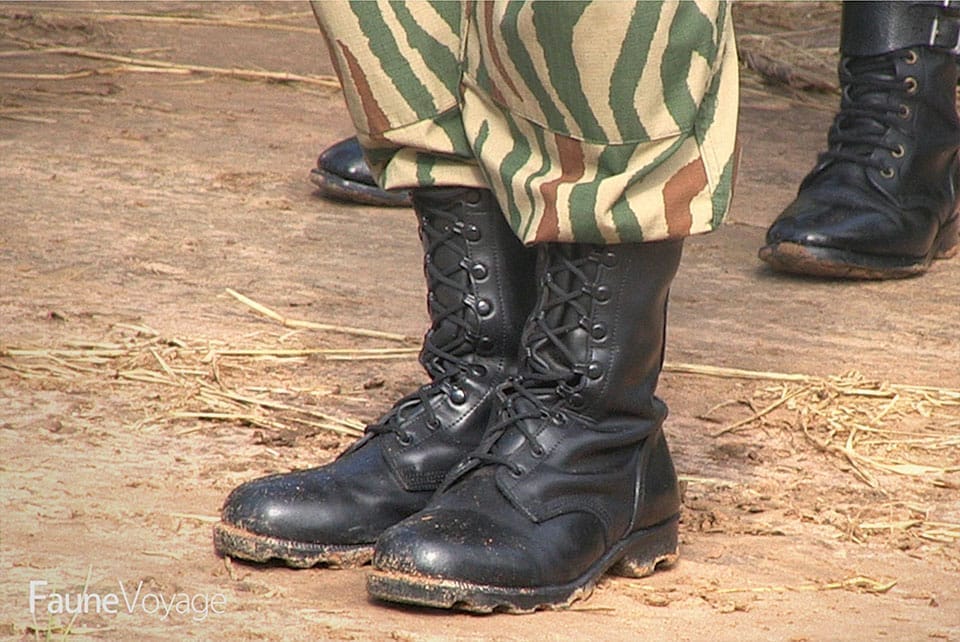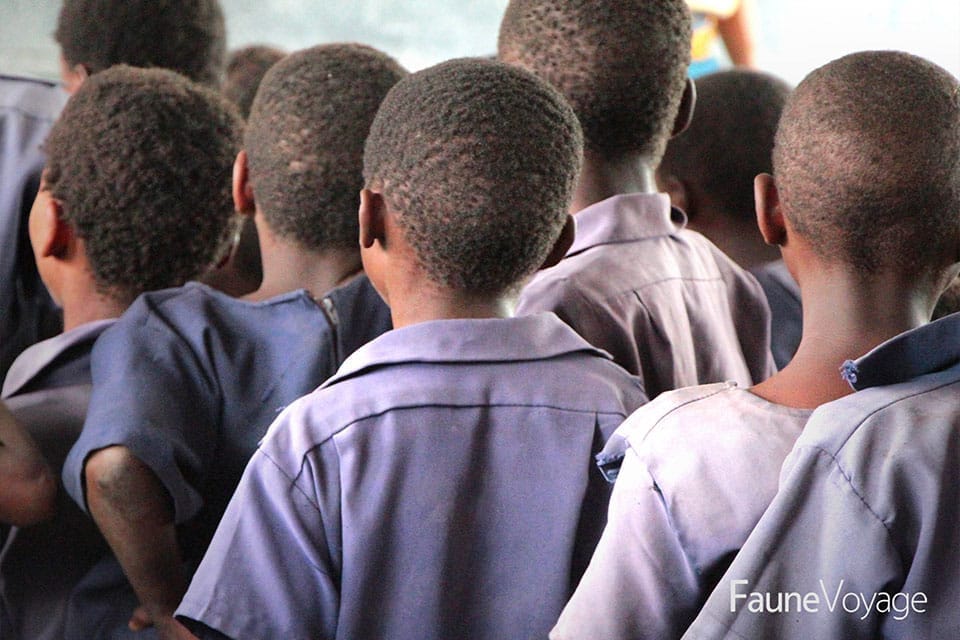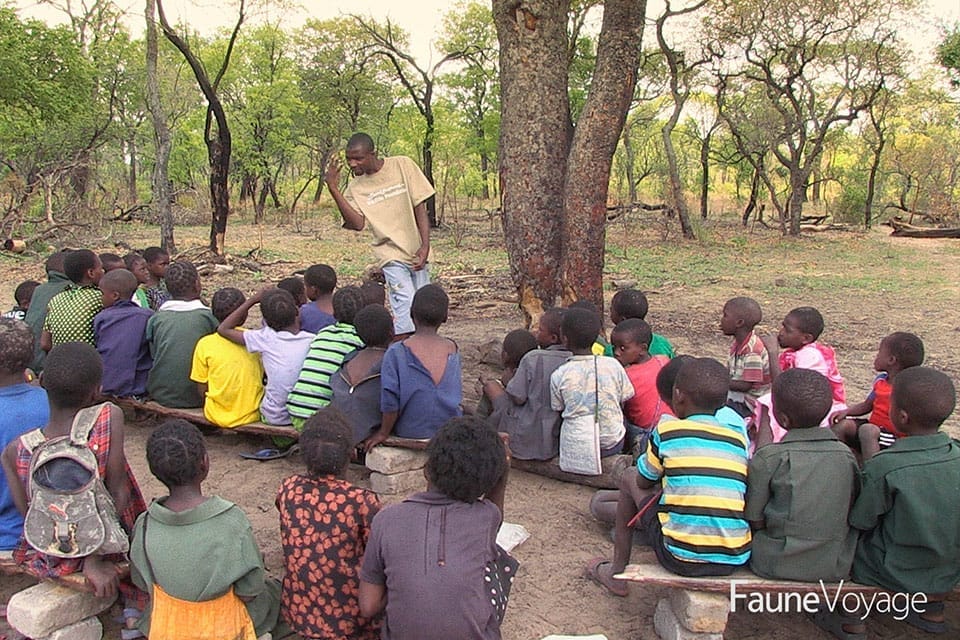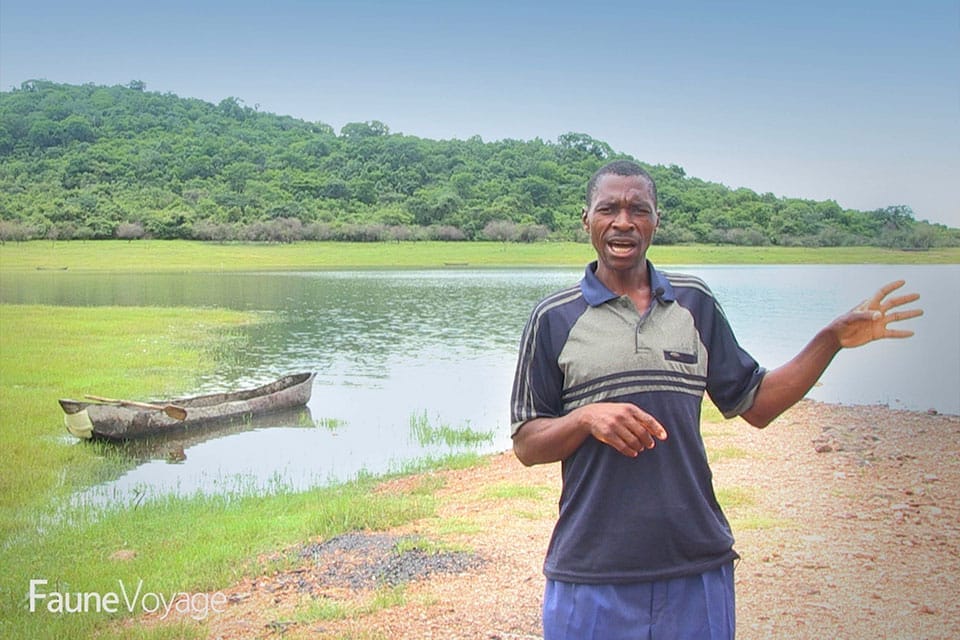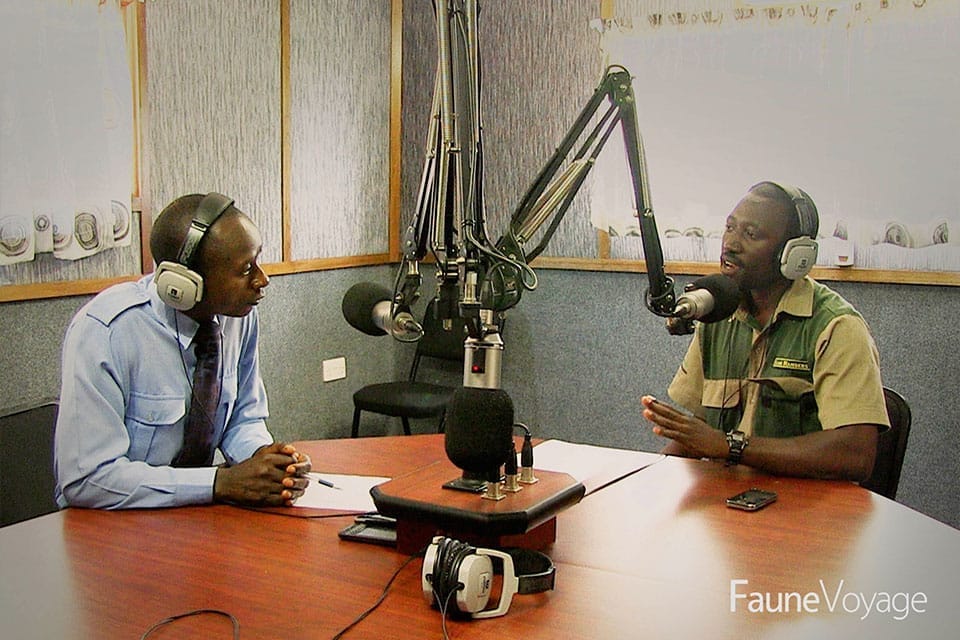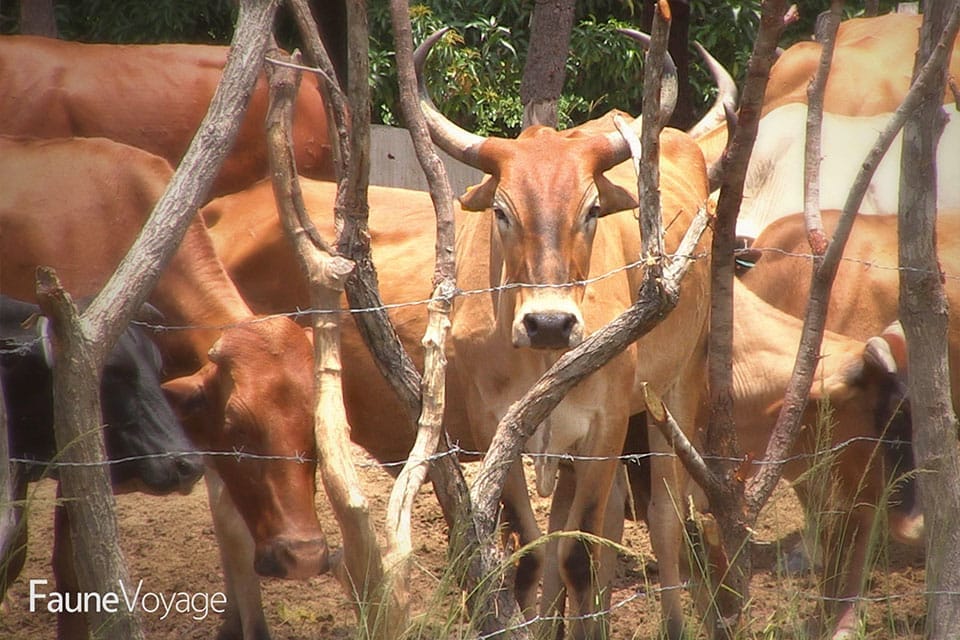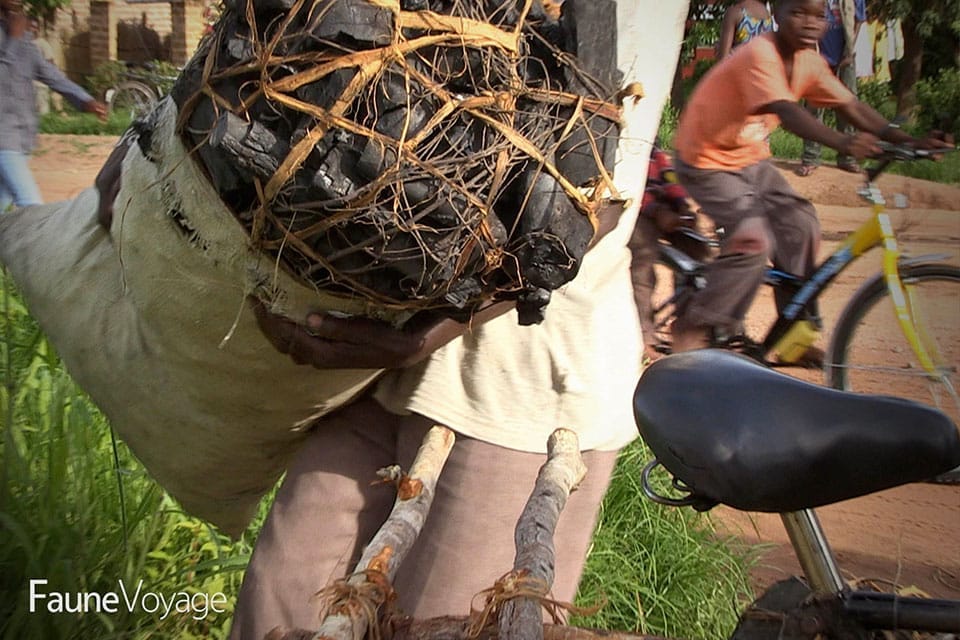Protecting Zambia’s Elephants
_______
THE ELEPHANT ORPHANAGE
THE ELEPHANT ORPHANAGE is the home and sanctuary for the victims of ivory poaching and human-elephant conflicts in Zambia. The project is operated by Game Rangers International (GRI) and was established in 2008 to rescue, rehabilitate and release orphaned elephants back into the wild as they mature. The Elephant Orphanage Project operates two facilities in Zambia, which accepts orphans from across the country.
Lilayi Elephant Nursery
The Lilayi Elephant Nursery near the city of Lusaka cares for the youngest and sickest orphans.
Kafue Release Facility
The Kafue Release Facility prepares orphans for release and is located in the southern sector of Kafue National Park, which is home to an estimated 1,000 wild elephants and maximizes the opportunity for the orphans to reintegrate back into the wild. As the elephants mature—typically around 10 to 12 years of age—they begin venturing off for longer, independent explorations in the park and interact with wild elephants.
But until they reach adolescence, the younger elephants are cared for around the clock. Elephant keepers are passionate surrogate parents and care for the orphans as they do their own children. Day in and day out, they cater to their emotional, medical and physical needs.
_______
KAFUE NATIONAL PARK
Kafue National Park boasts a diverse ecosystem. It is a crucial watershed in Zambia and supports multiple habitat types from rivers and lakes to grasslands and plains to woodland and teak forests.
At 5.5 million acres—surrounded by an additional 11.5 million acres of Game Management Areas—Kafue National Park is Zambia’s largest protected area and one of the largest parks in Africa. Because of its massive size, the boundaries of the park cannot be fully patrolled and are not secure. Poaching still exists within the park and across most elephant habitat across the African continent.
_______
IVORY TRADE
Poachers often come from villages where elephants are seen as pests that compete for food, trample crops, or are a threat to human safety. They get paid small sums relative to western salaries, but it is a lot compared to their annual incomes from other sources. In some cases, poachers have reportedly received as little as a pack of cigarettes for a pair of tusks. They are hired by smugglers and cartels who then distribute the ivory to countries around the world.
Despite many international bans on the import and sales of ivory, smuggling ivory on the black market is big business. Ivory is sold to underground buyers in Europe and the U.S., which has the second largest market for ivory in the world.
But by far, China has the largest demand.
Poached ivory is smuggled both directly to China and also to neighboring East Asian markets where it is often carved and processed before smuggling elsewhere or sold directly on the markets where policing isn’t so strict. Ivory poaching is considered one the world’s top illicit systems, right behind drug and human trafficking. Reports indicate that it’s so lucrative that criminal networks and militants are now poaching and smuggling ivory to fund terrorist activities.
Ivory is generally seen as a status of wealth in Asia. It is carved into trinkets, religious symbols, jewelry, and is even sold as traditional medicines, though it has been scientifically proven to be ineffective.
_______
ANTI-POACHING
Game Rangers International invests resources in supporting and operating anti-poaching efforts in Zambia. GRI’s Resource Protection team works in close cooperation with the underfunded and under-resourced law enforcement of the Community Resource Boards and the Department of National Parks and Wildlife (formerly ZAWA) to lead anti-poaching patrols within the Greater Kafue Ecosystem. Together they ensure the safety of wild elephants within the park and secure the release zone for the orphans.
_______
COMMUNITY INVOLVEMENT
In addition to operating the elephant orphanage and supporting anti-poaching efforts, Game Rangers International also encourages local communities to protect their surrounding natural resources and benefit financially via conservation of the Kafue National Park ecosystem—rather than turning to poaching for income. GRI’s Community Outreach Project empowers local women with sustainable livelihood training and supports farmers affected by human-elephant conflicts. GRI’s environmental education program teaches local students about conservation and the environment.
Game Rangers International is taking a holistic approach to conserving and securing Kafue National Park so the maturing elephants have a safe place to survive. But so long as the global ivory trade exists, Zambia’s elephants will remain at risk. The long-term survival of African elephants depends on each of us doing our part to reduce the demand for ivory. We can refuse ivory products. We can inform ourselves, our peers, and our lawmakers about the effects of ivory poaching on elephants. And we can support projects like Game Rangers International.
Ready to tell your story? Let's connect and turn passion into meaningful action.
INTERESTED IN WORKING WITH US? OR VIEWING OUR PORTFOLIO?
Copyright 2026 FauneVoyage, All Rights Reserved.
Privacy policy | Terms of use | Cookies

